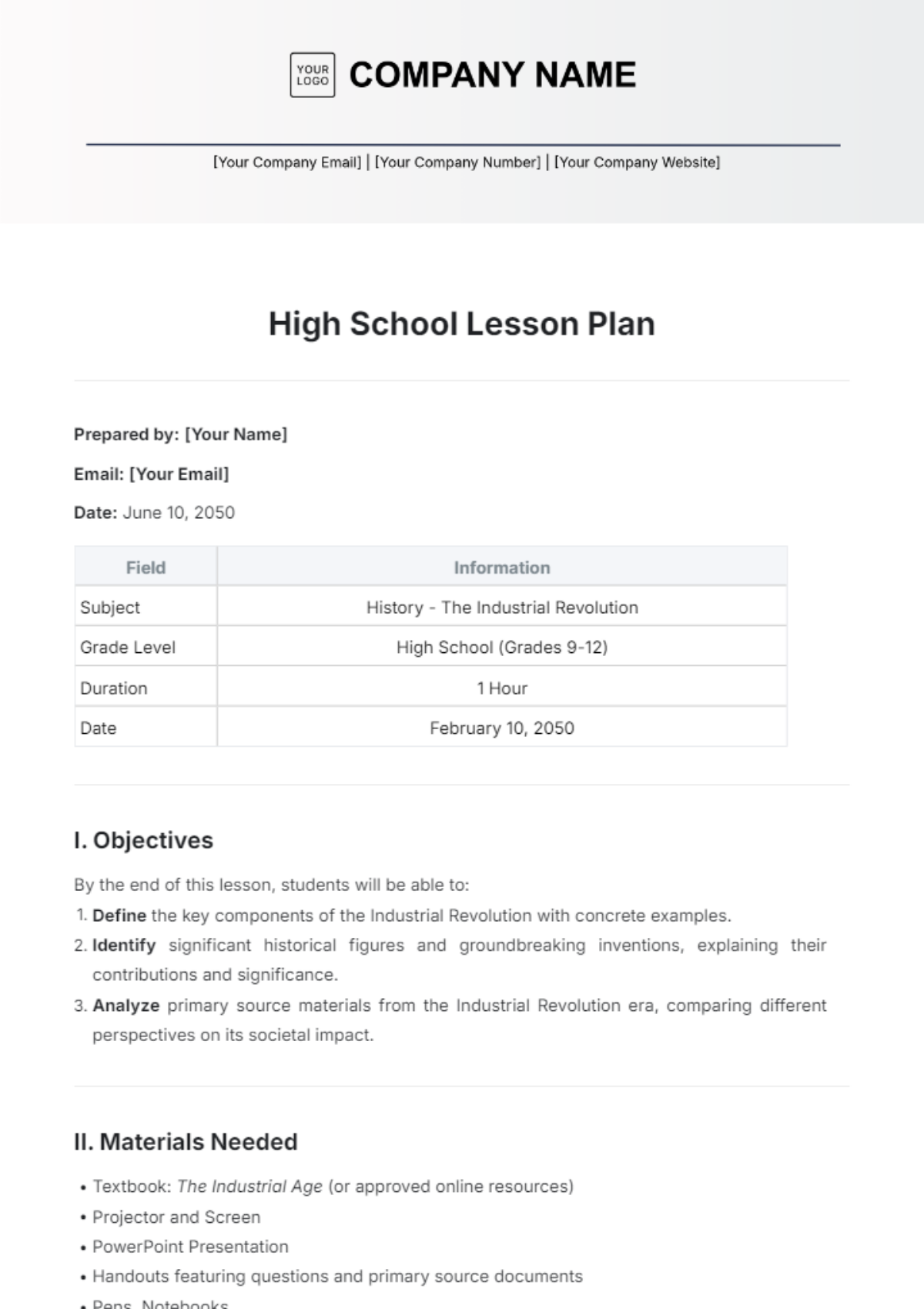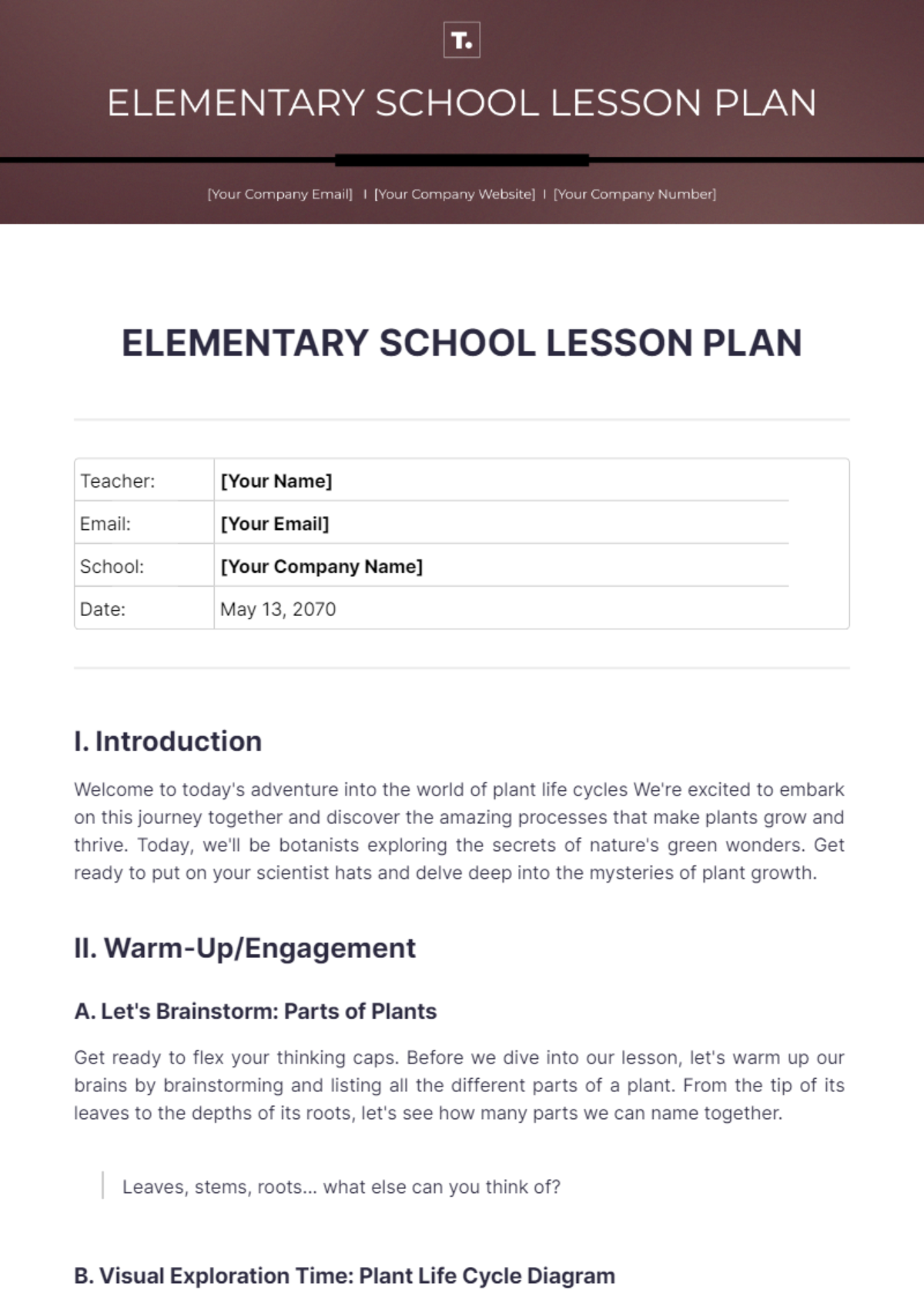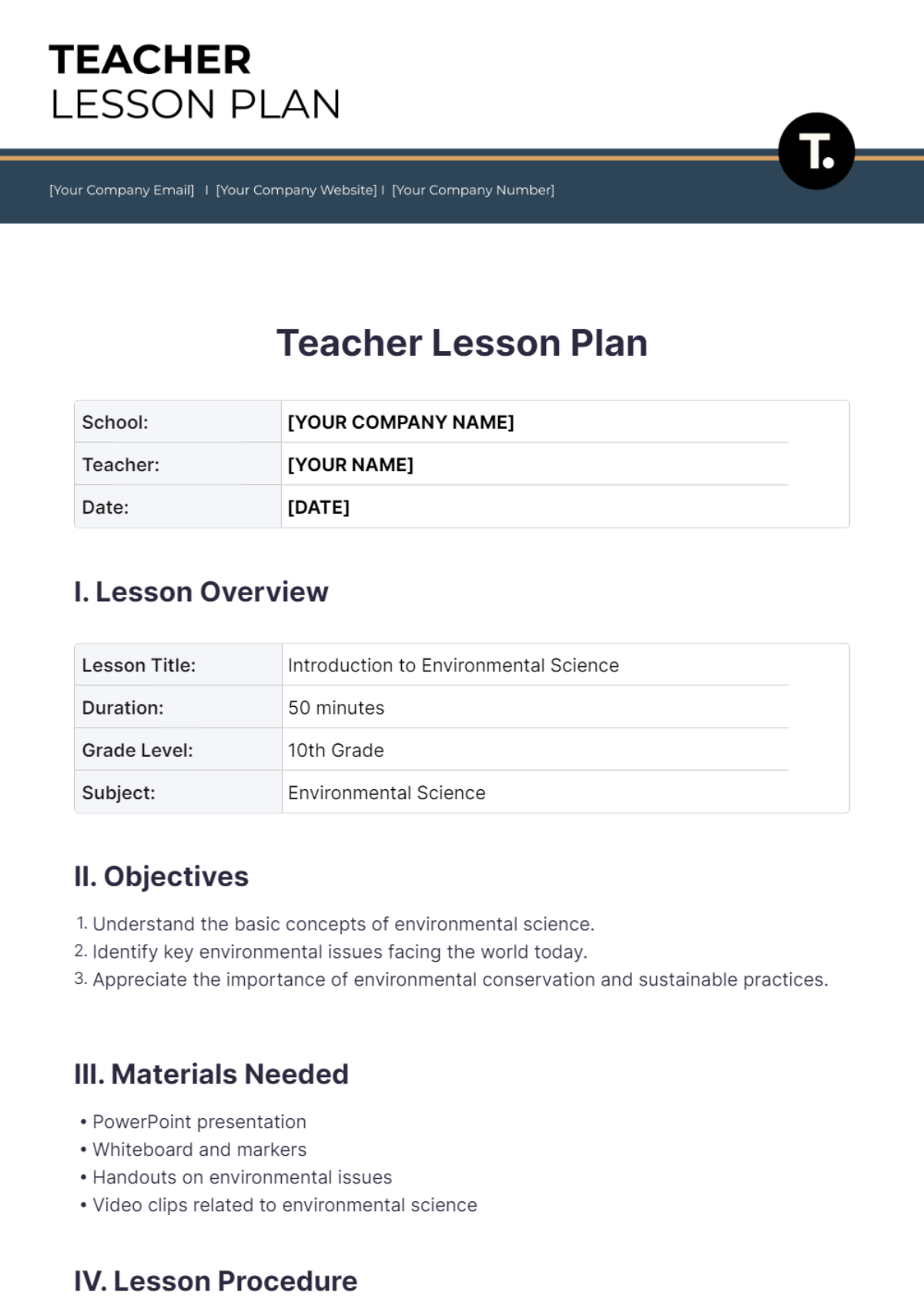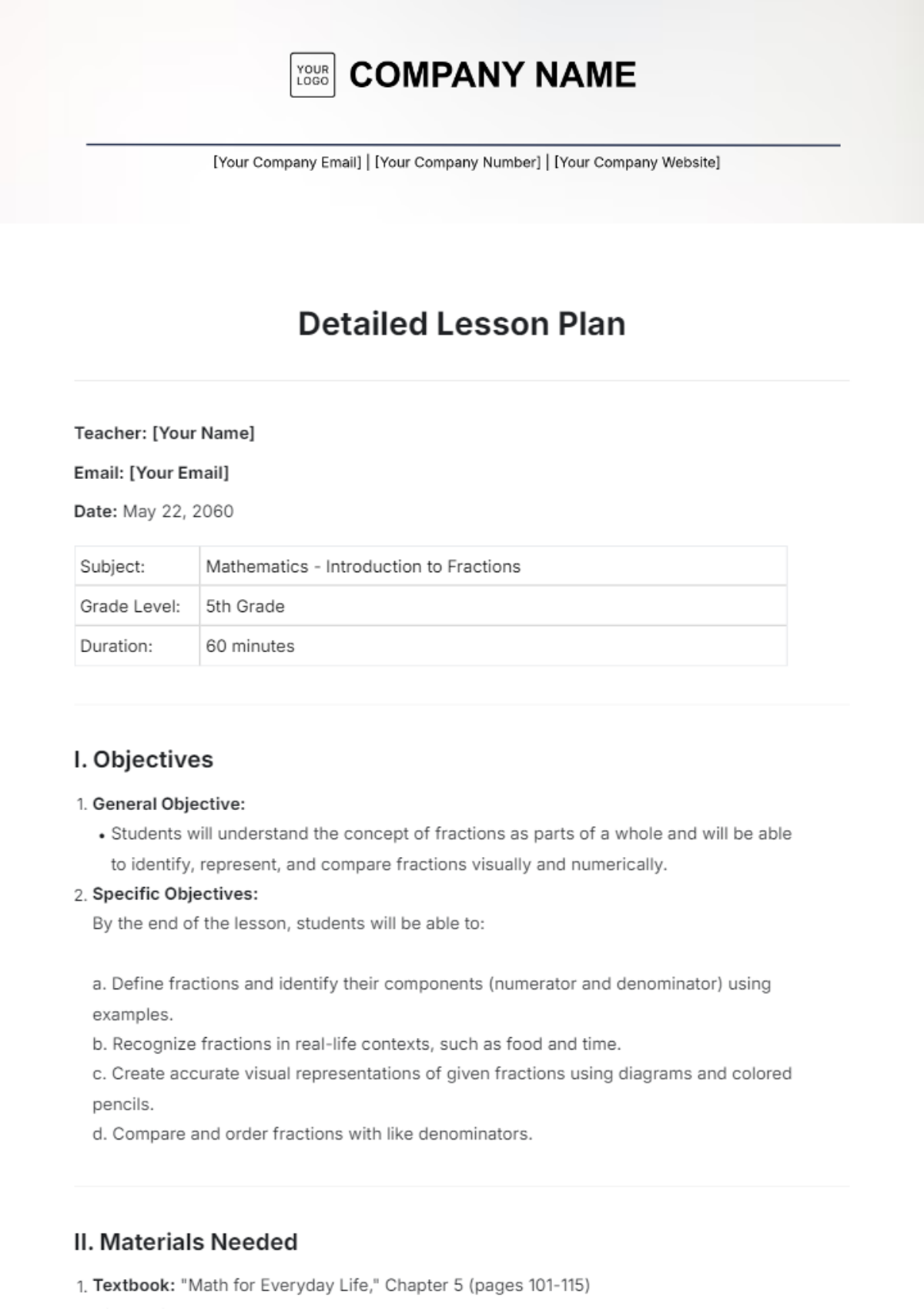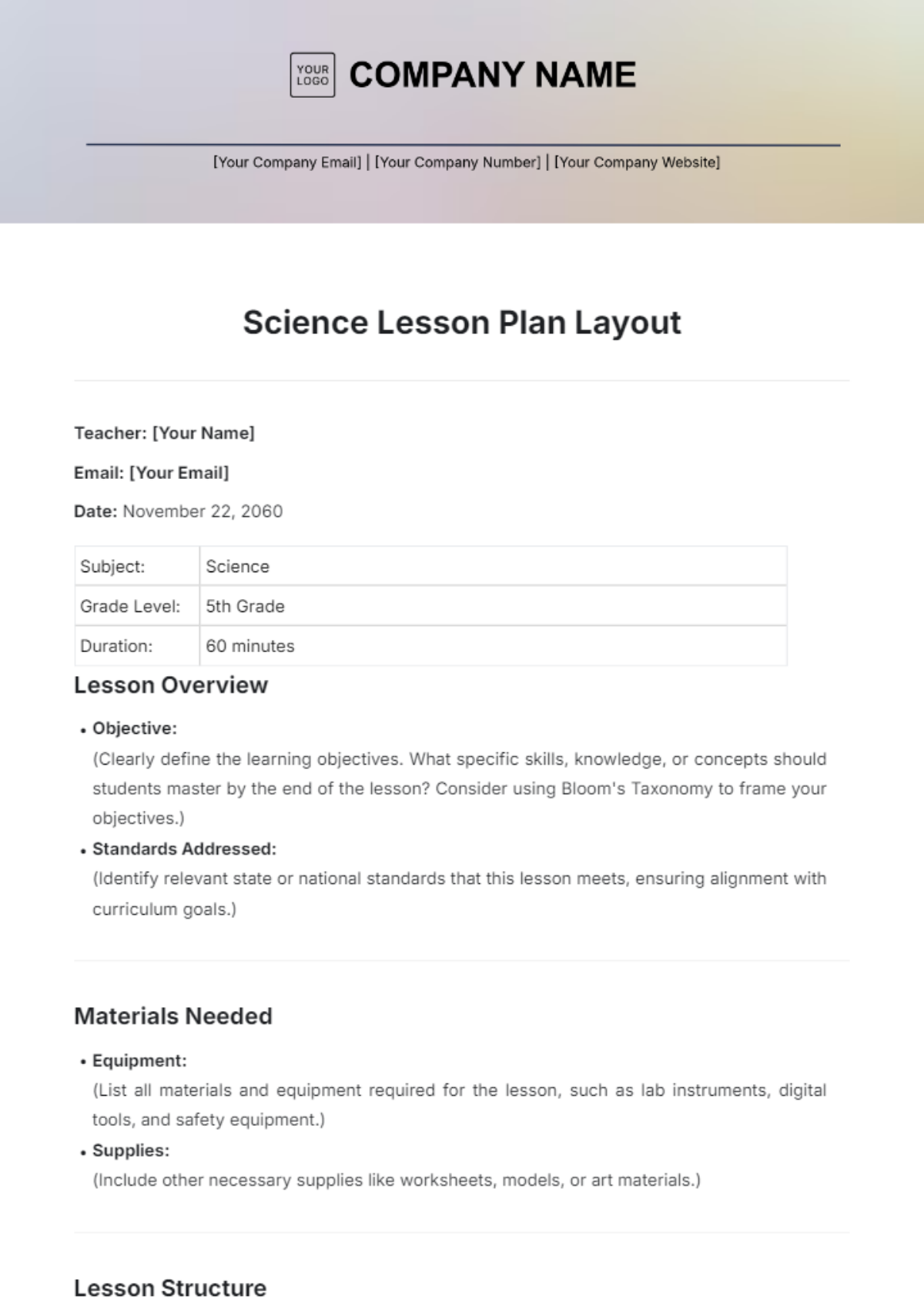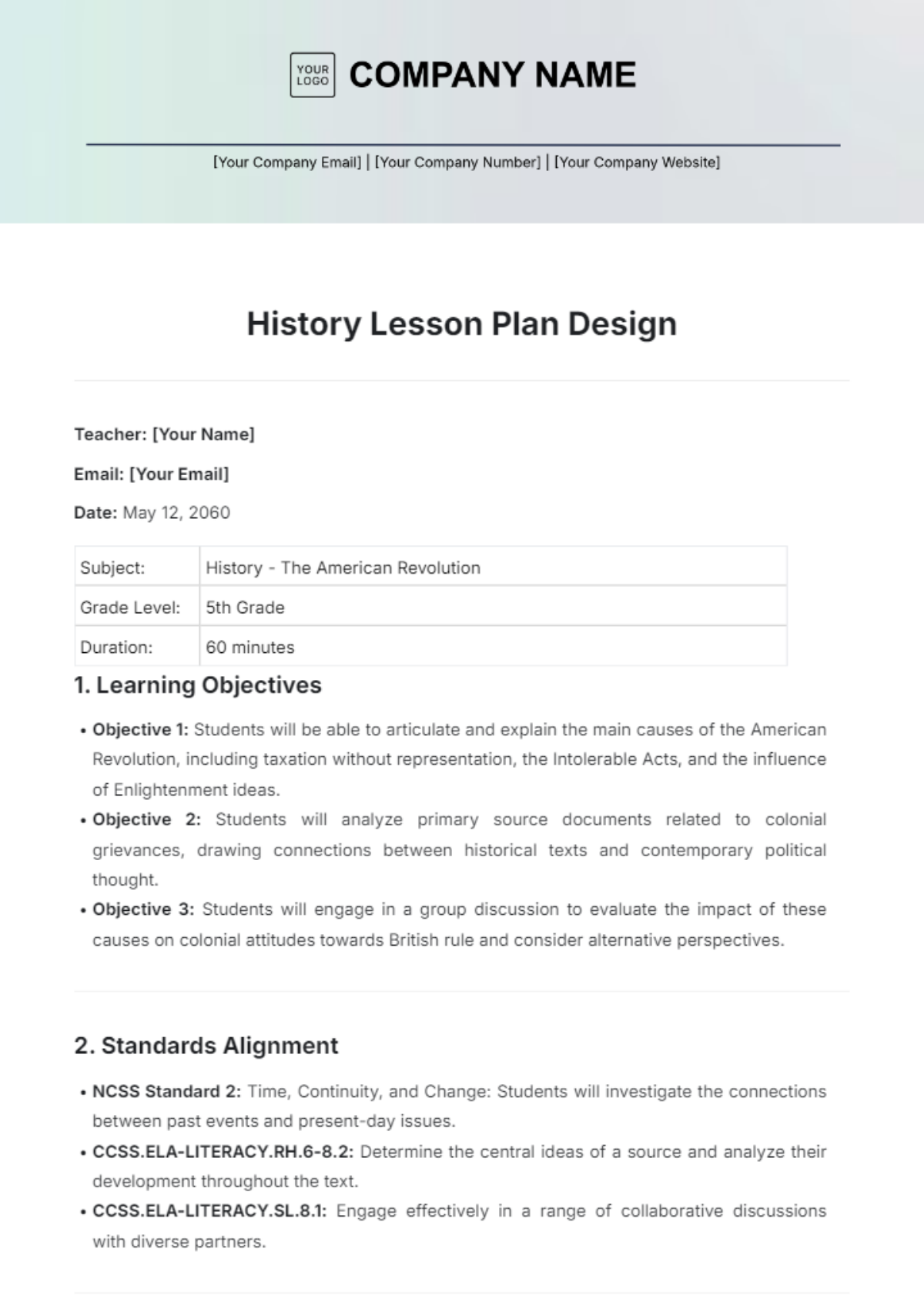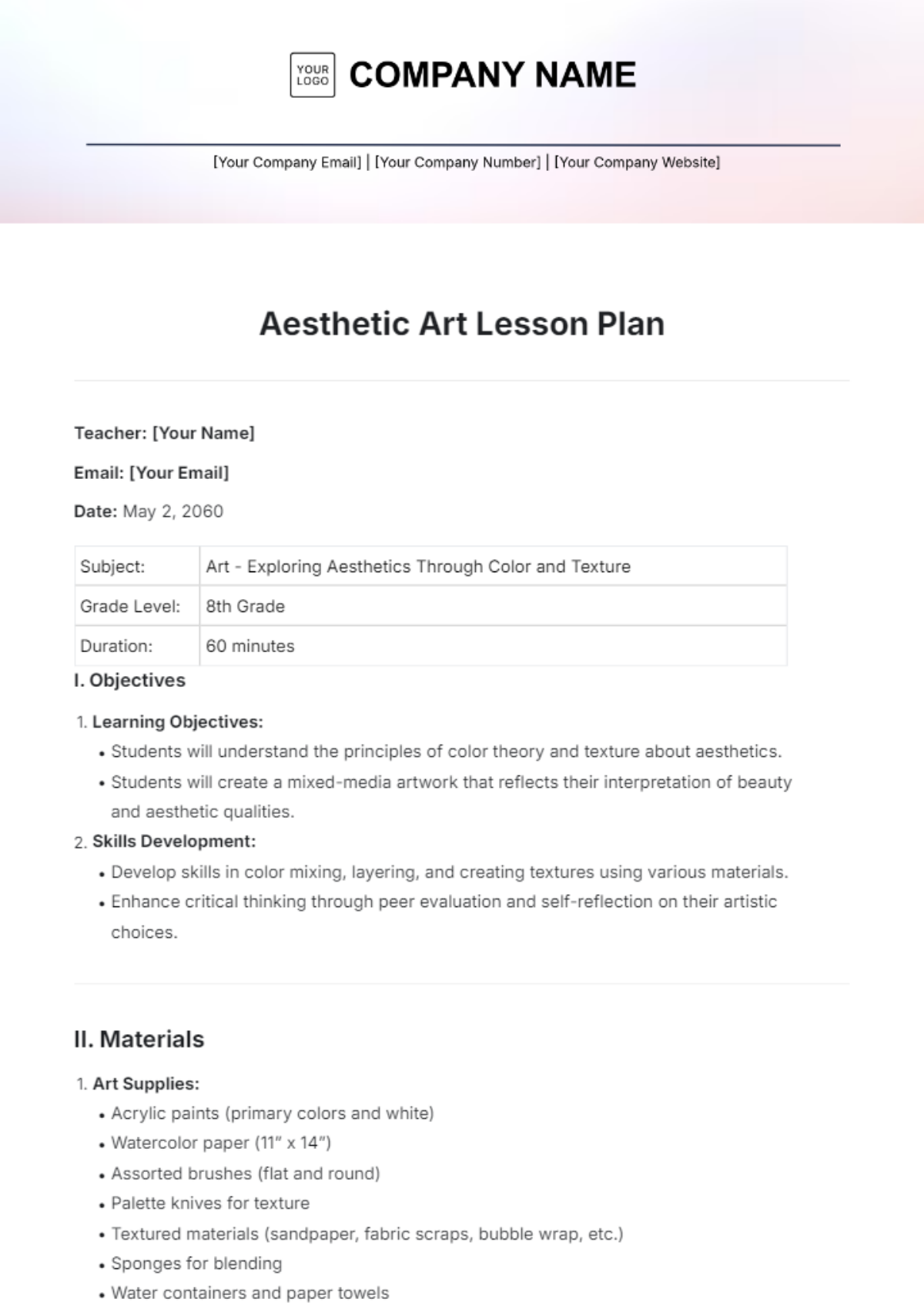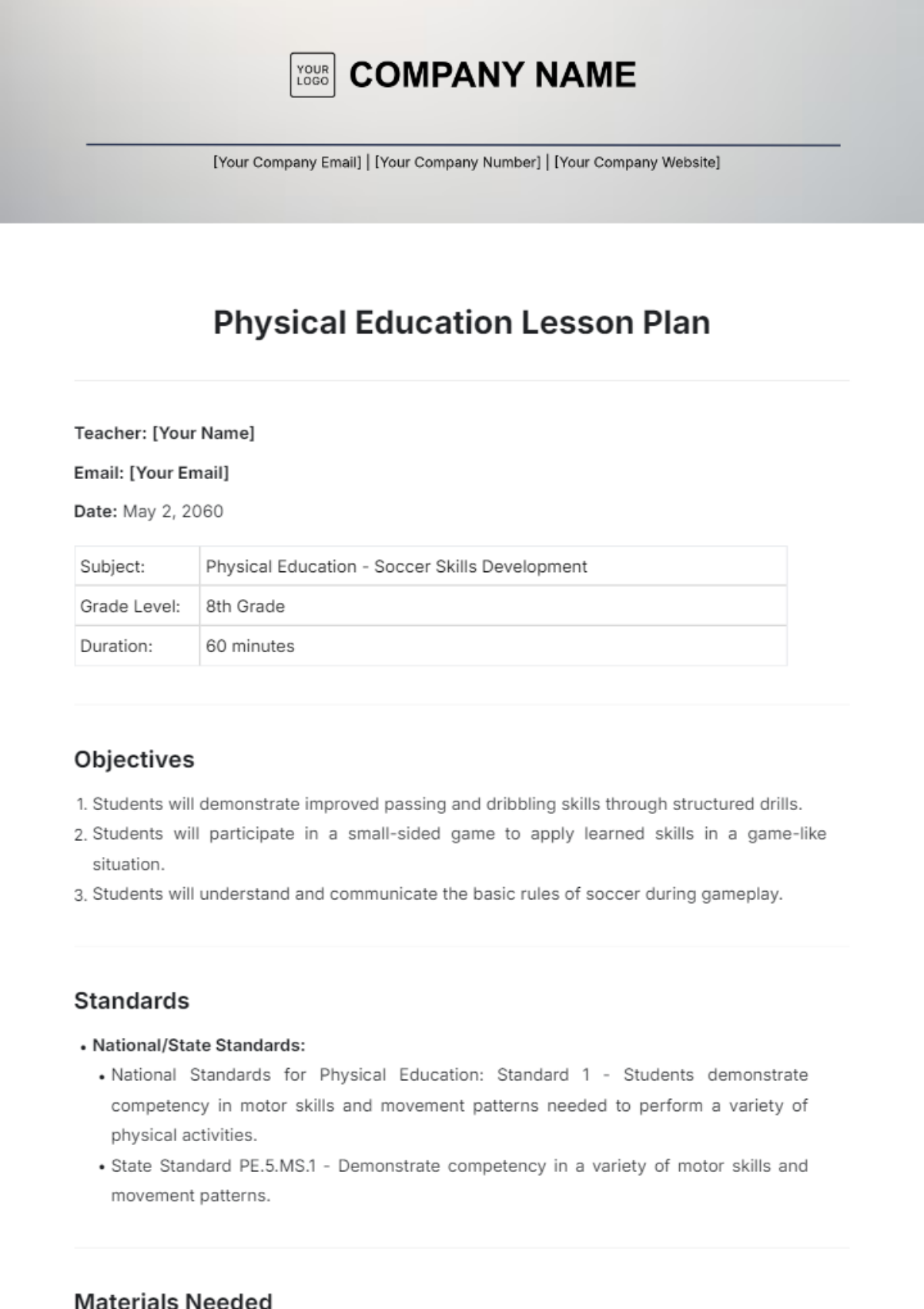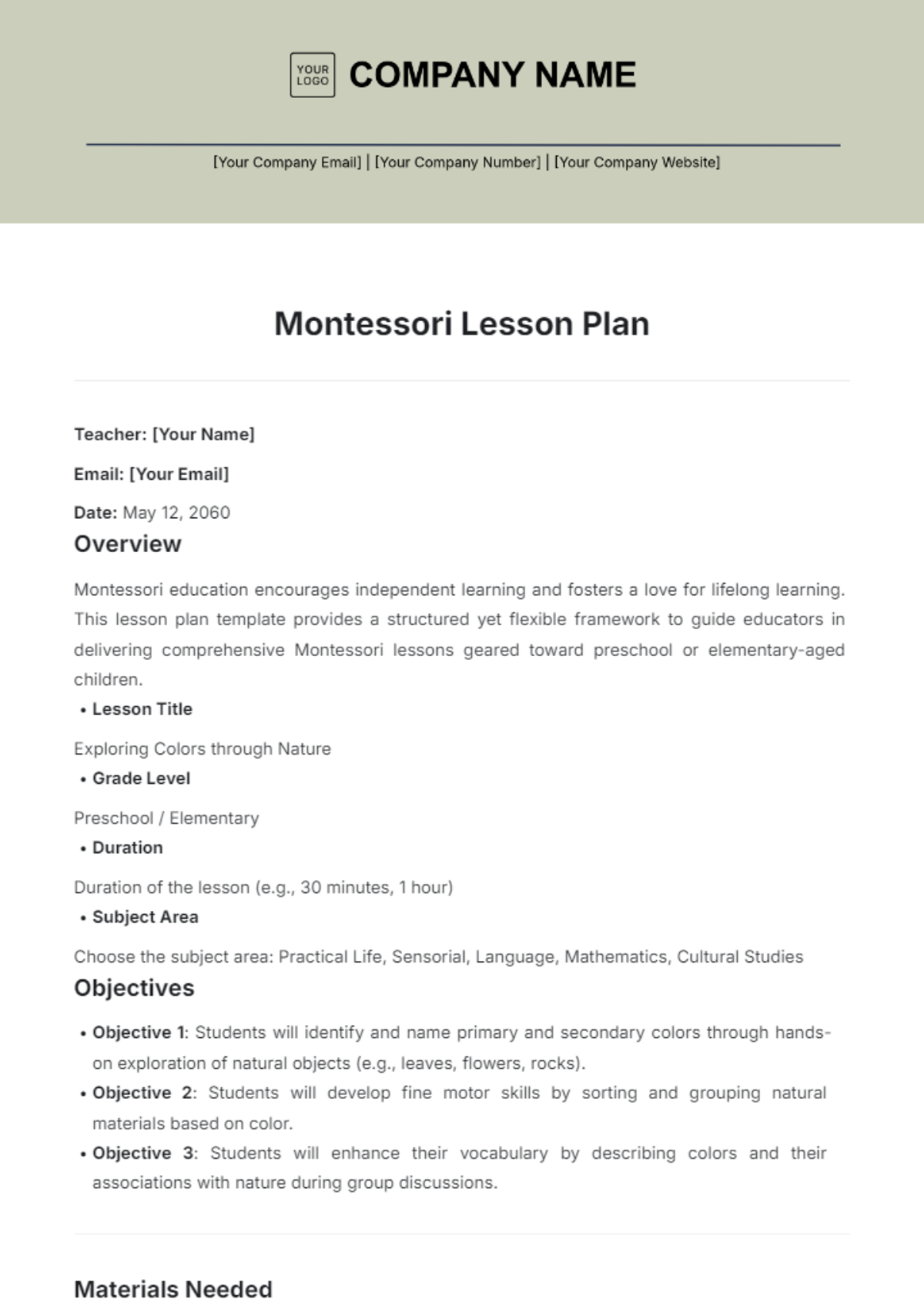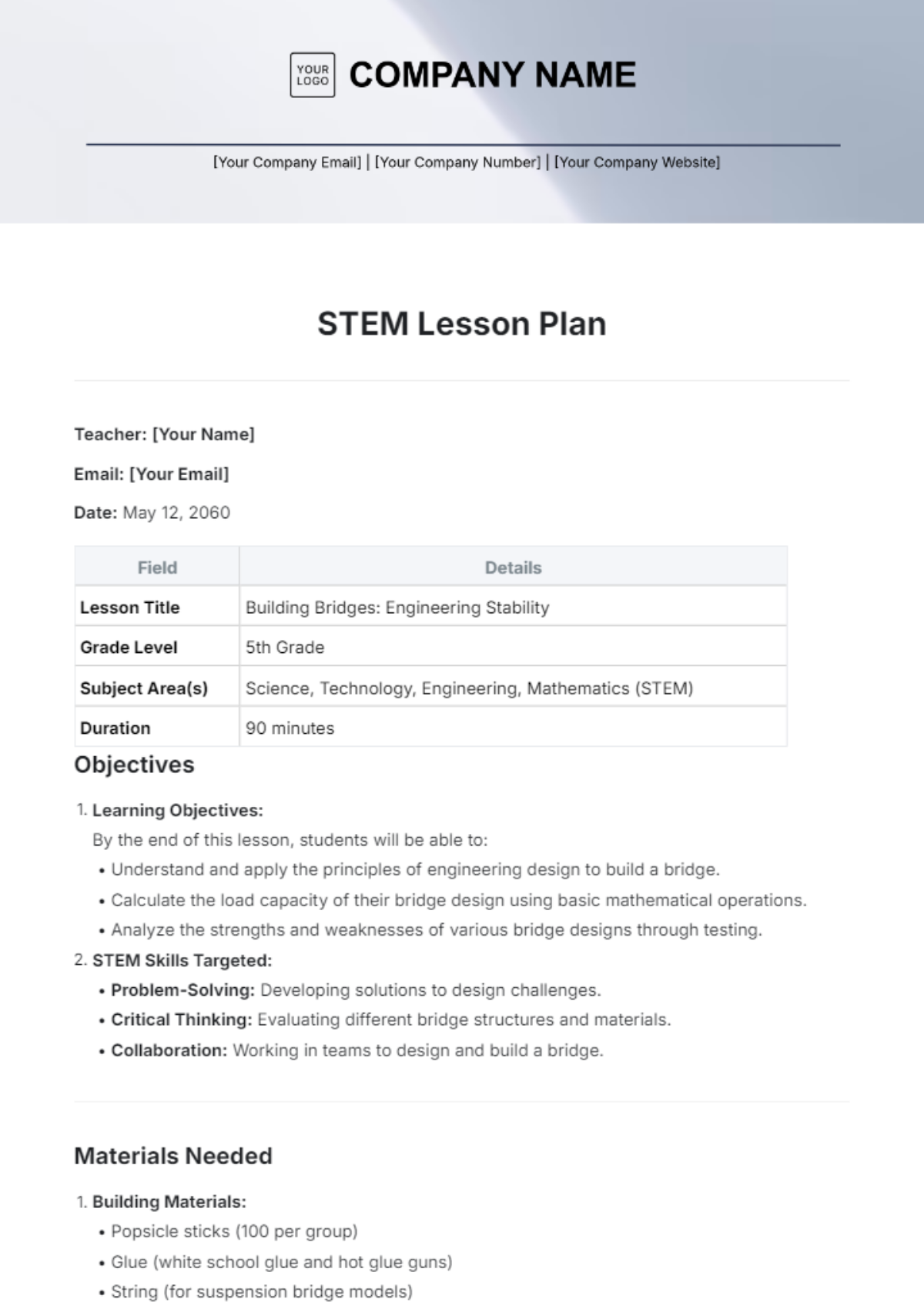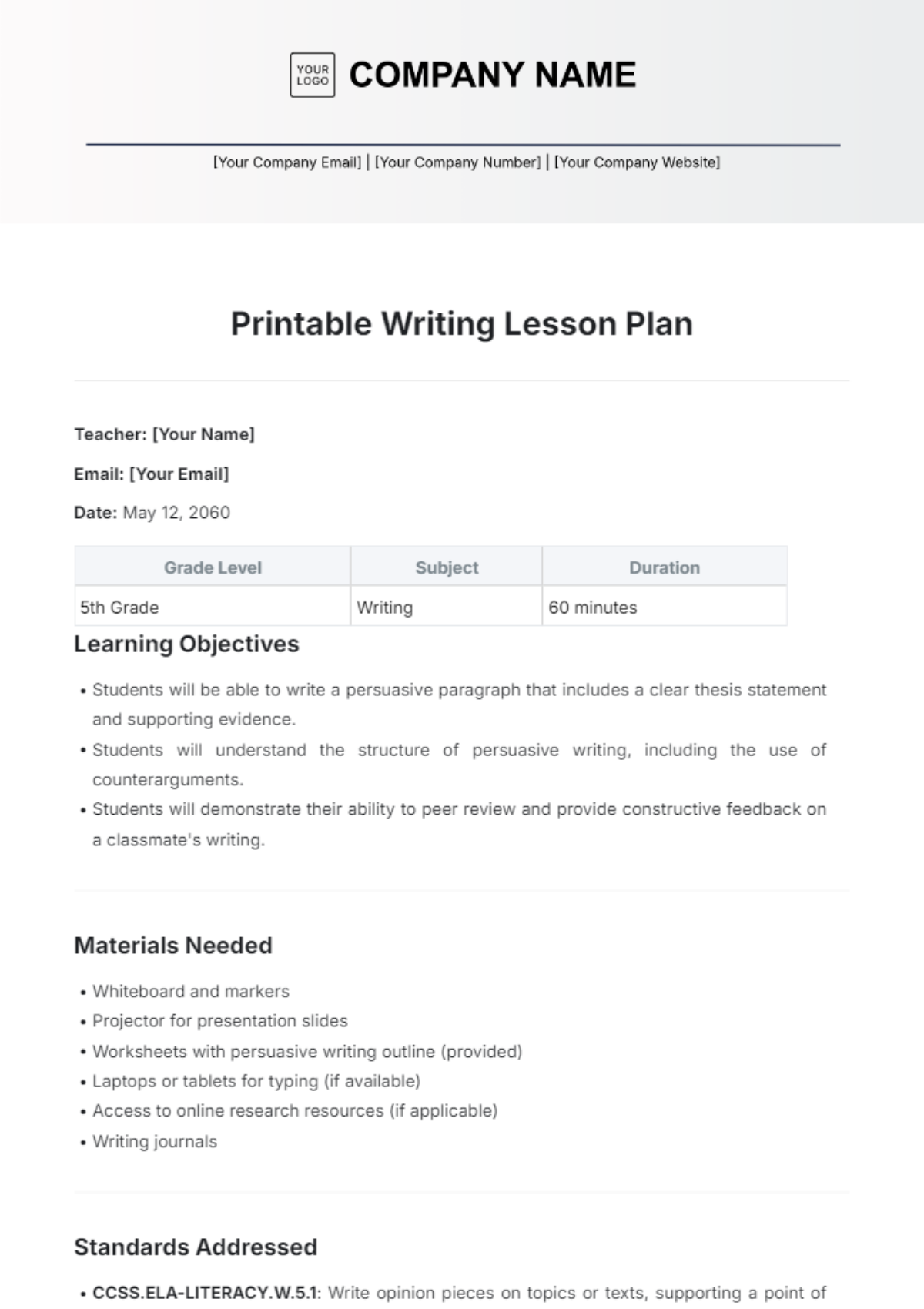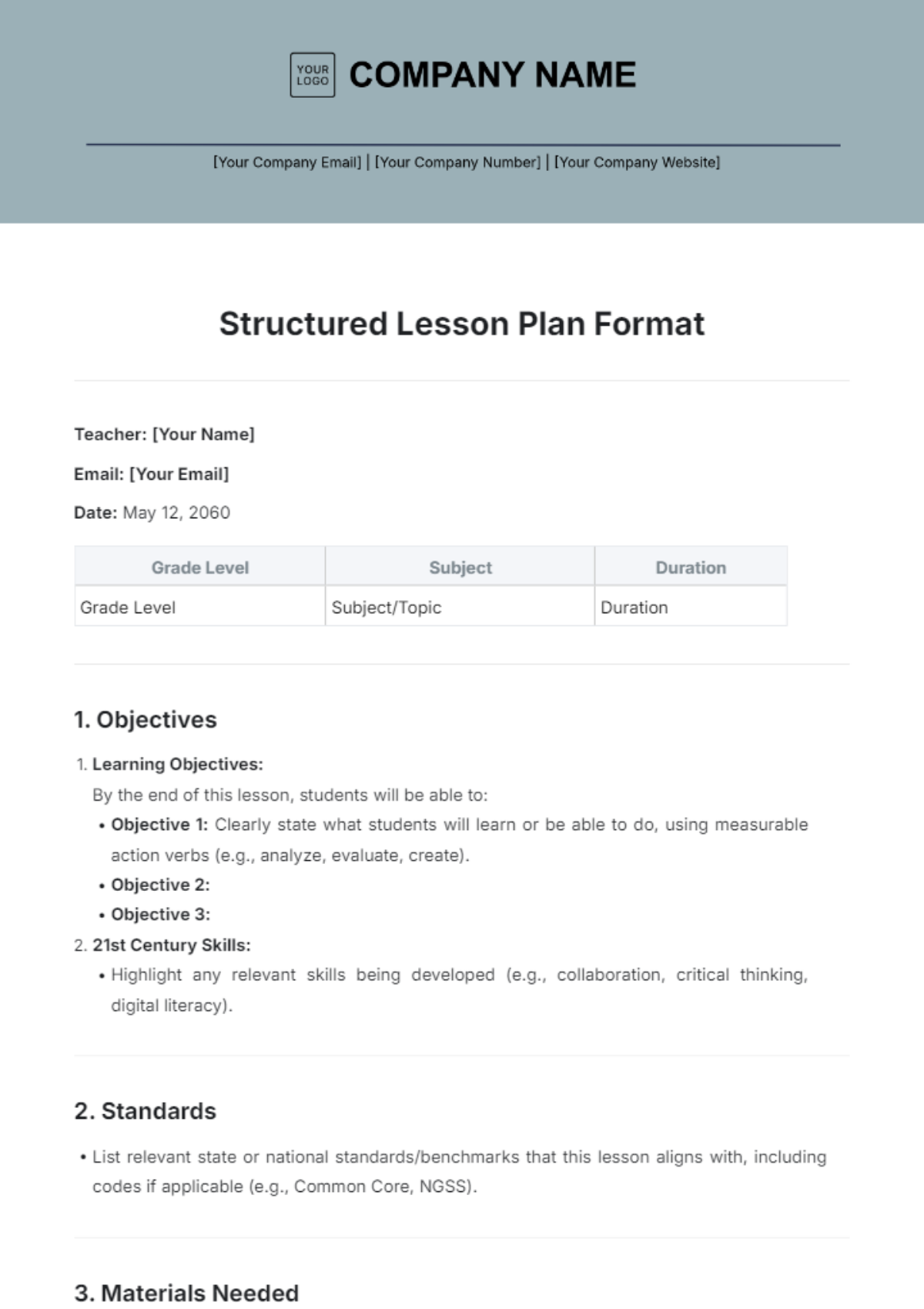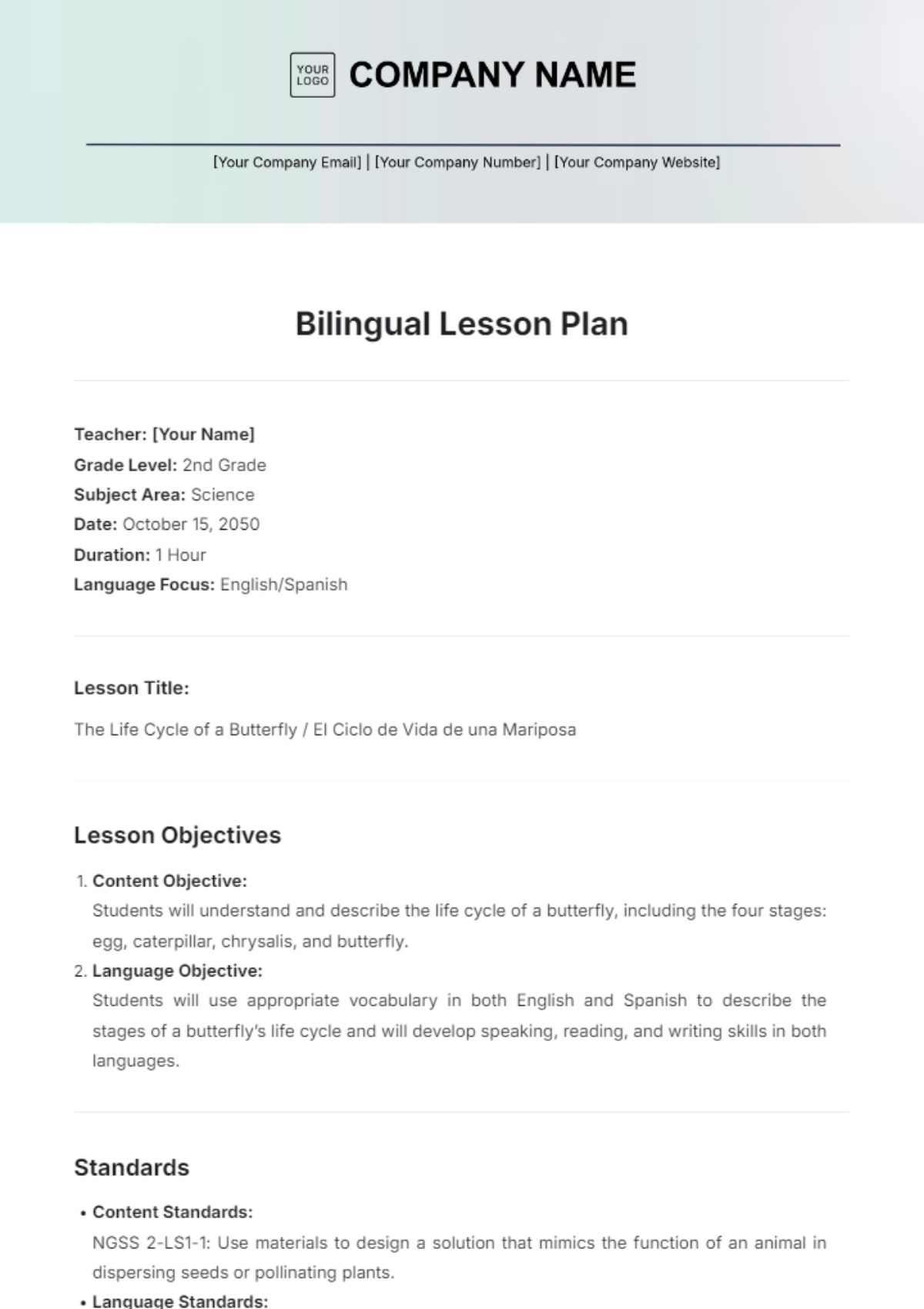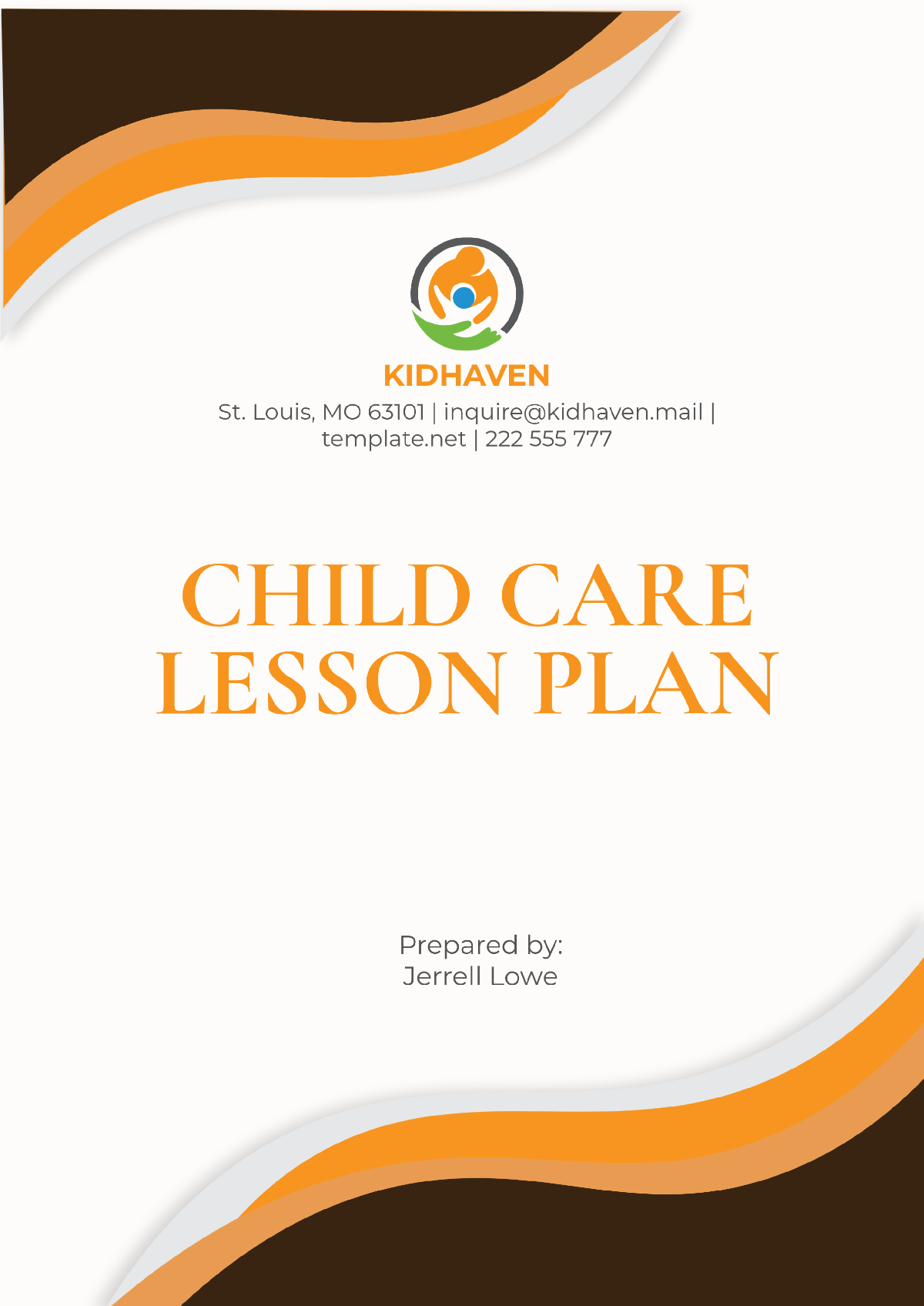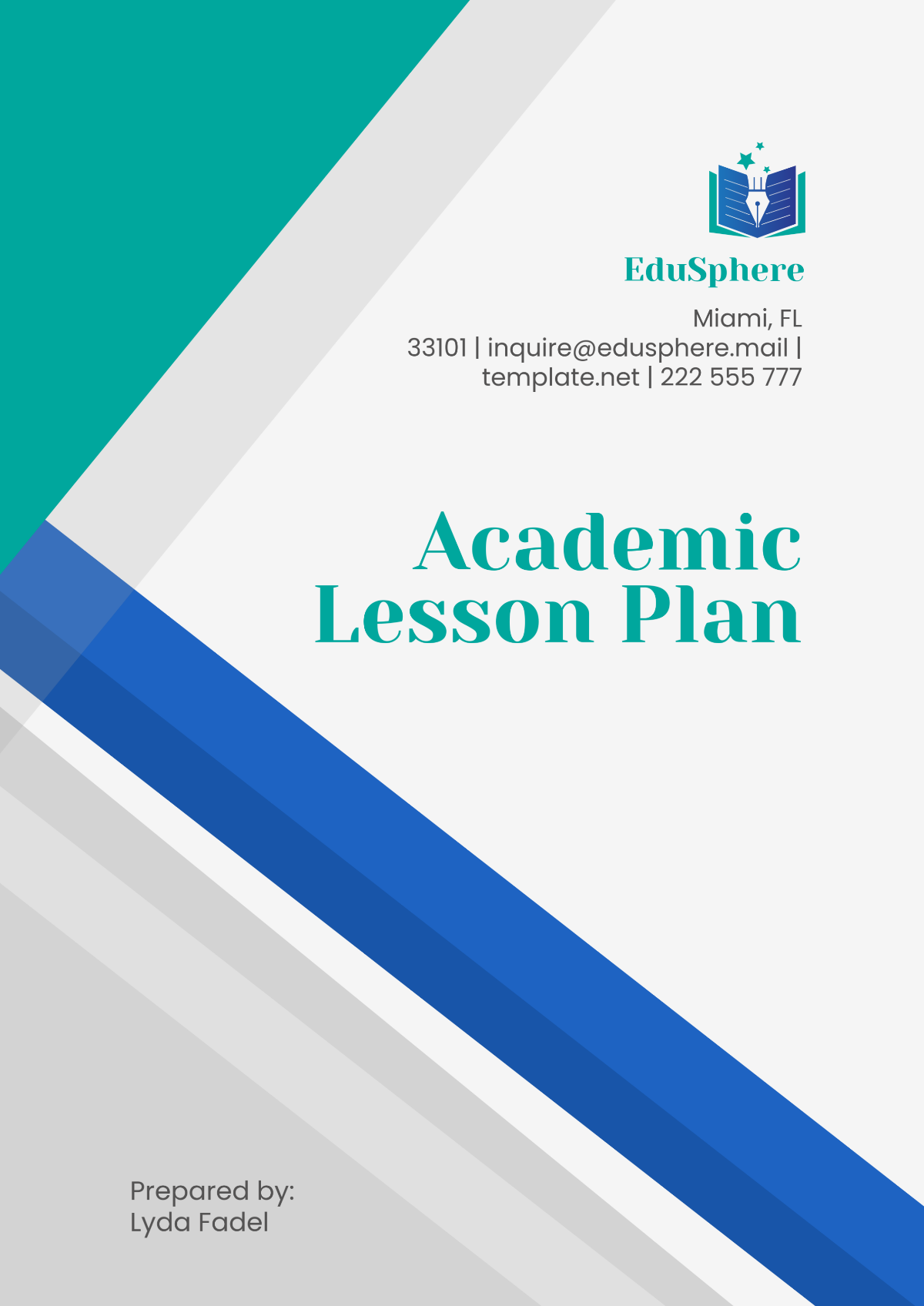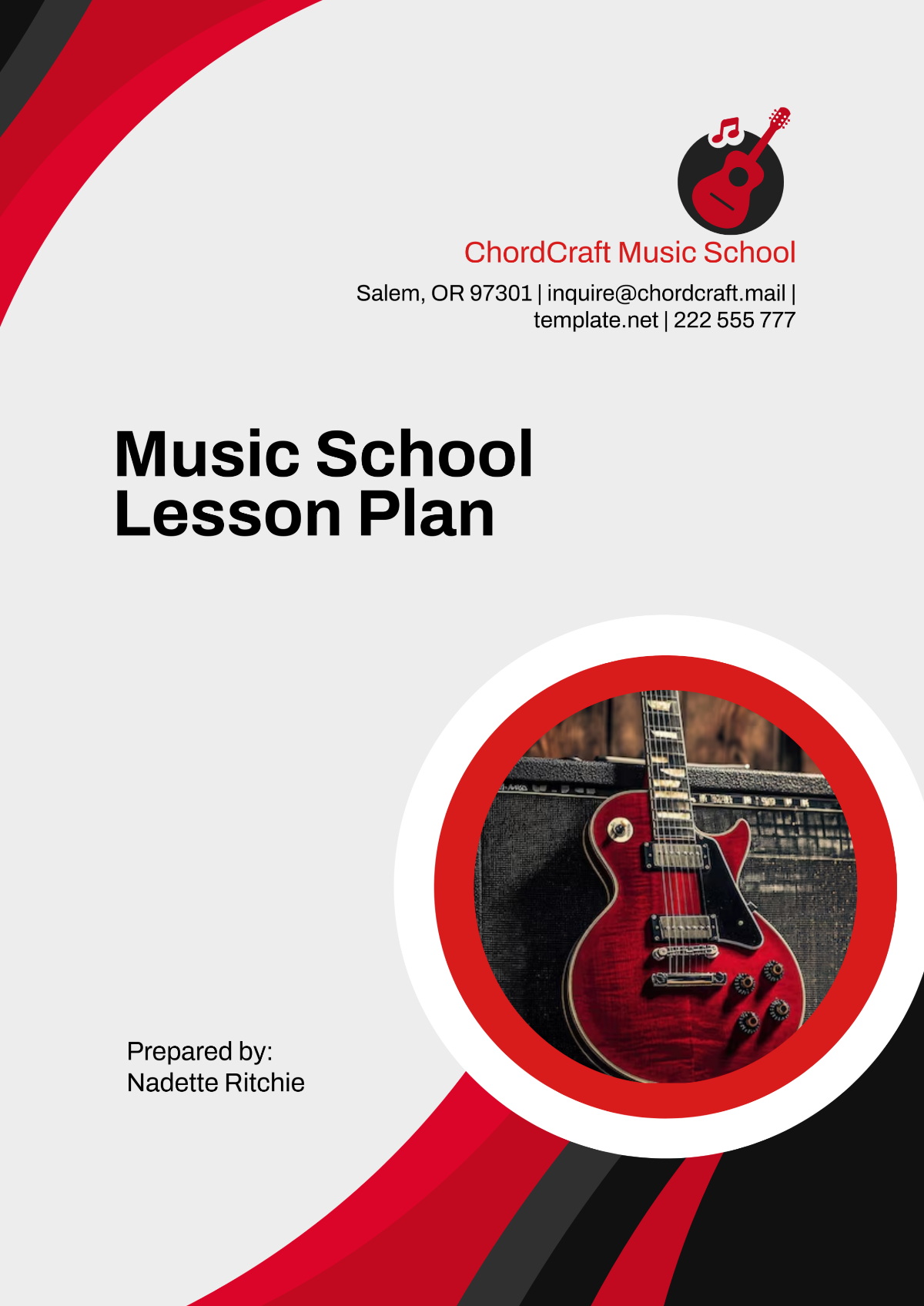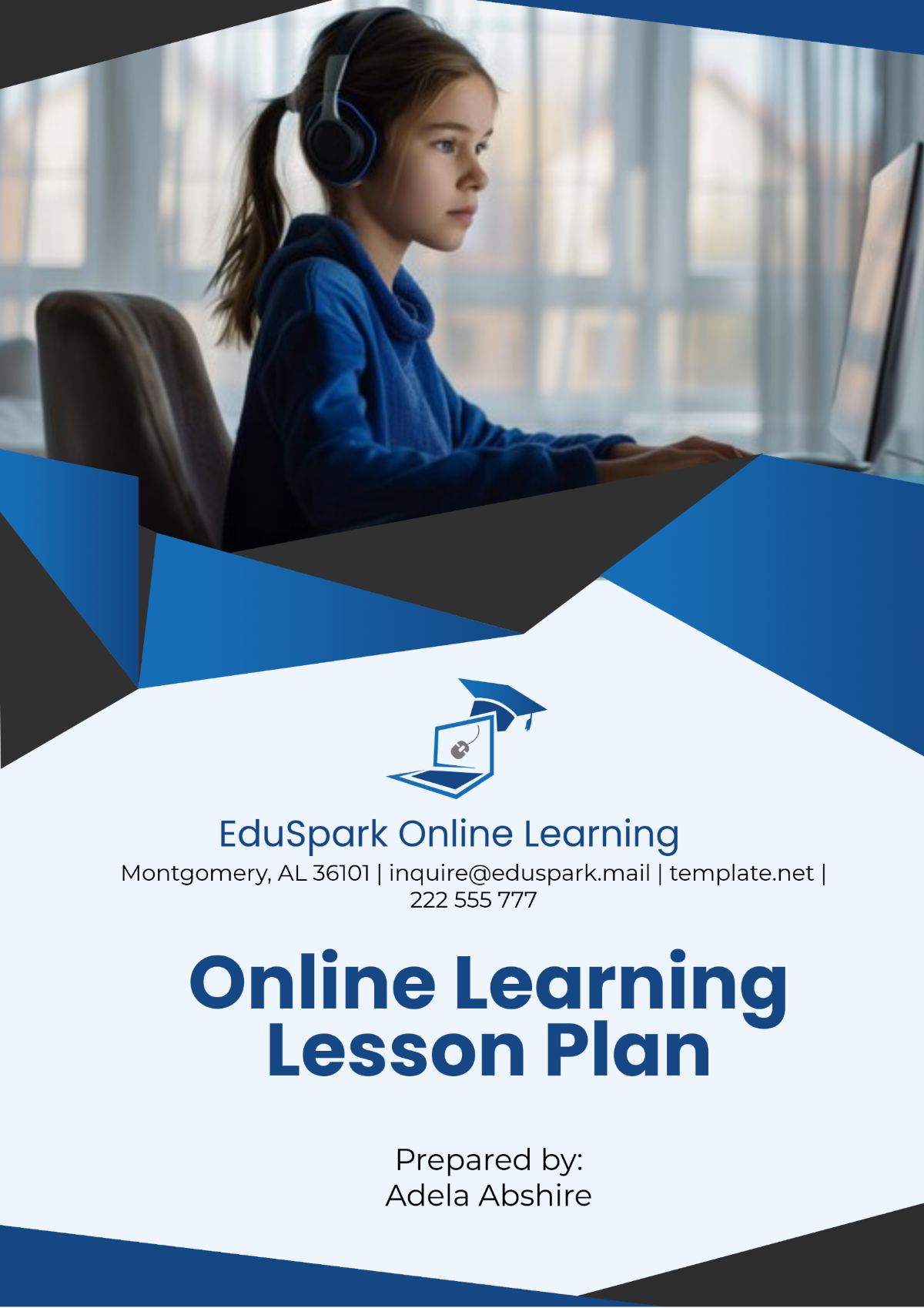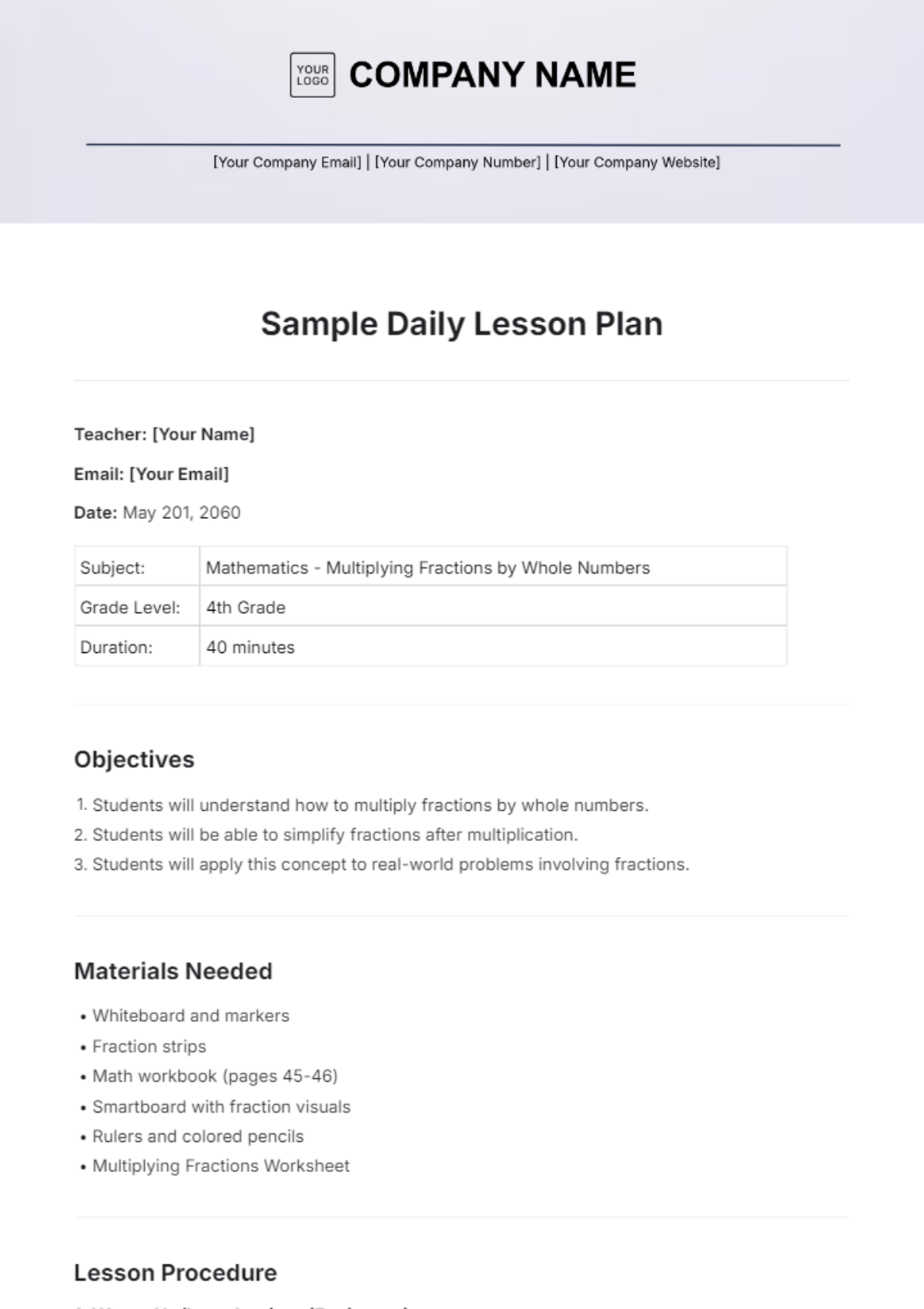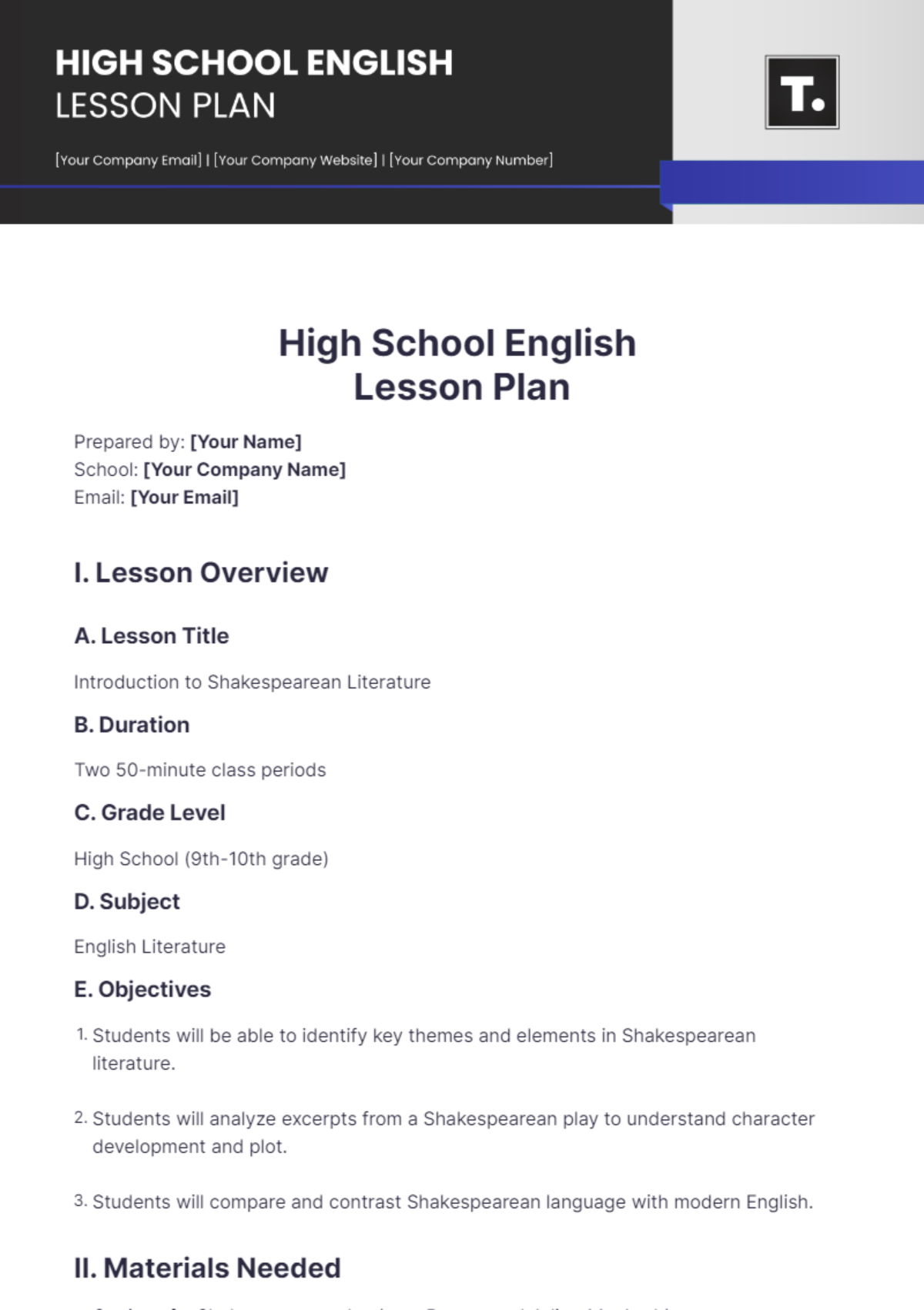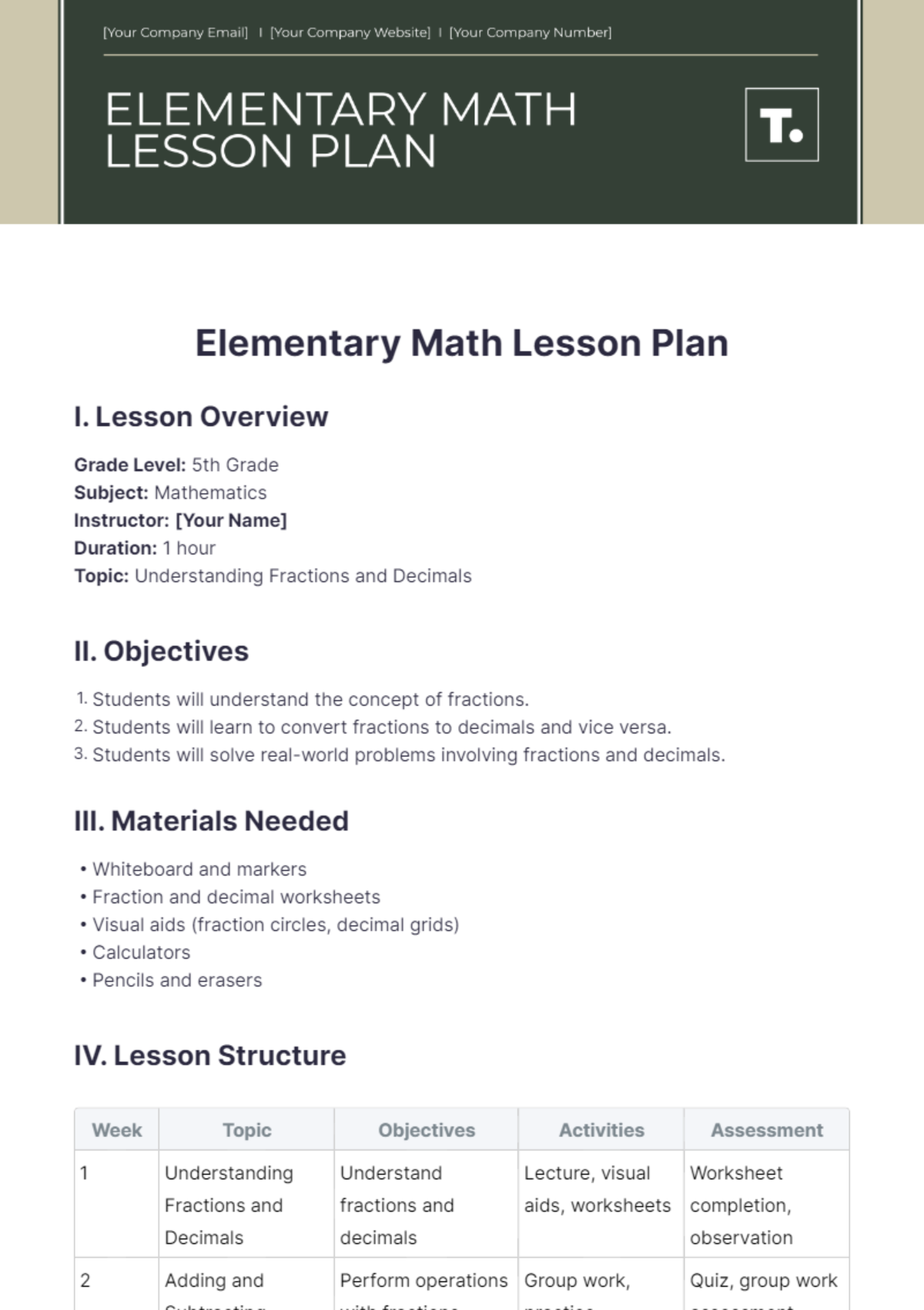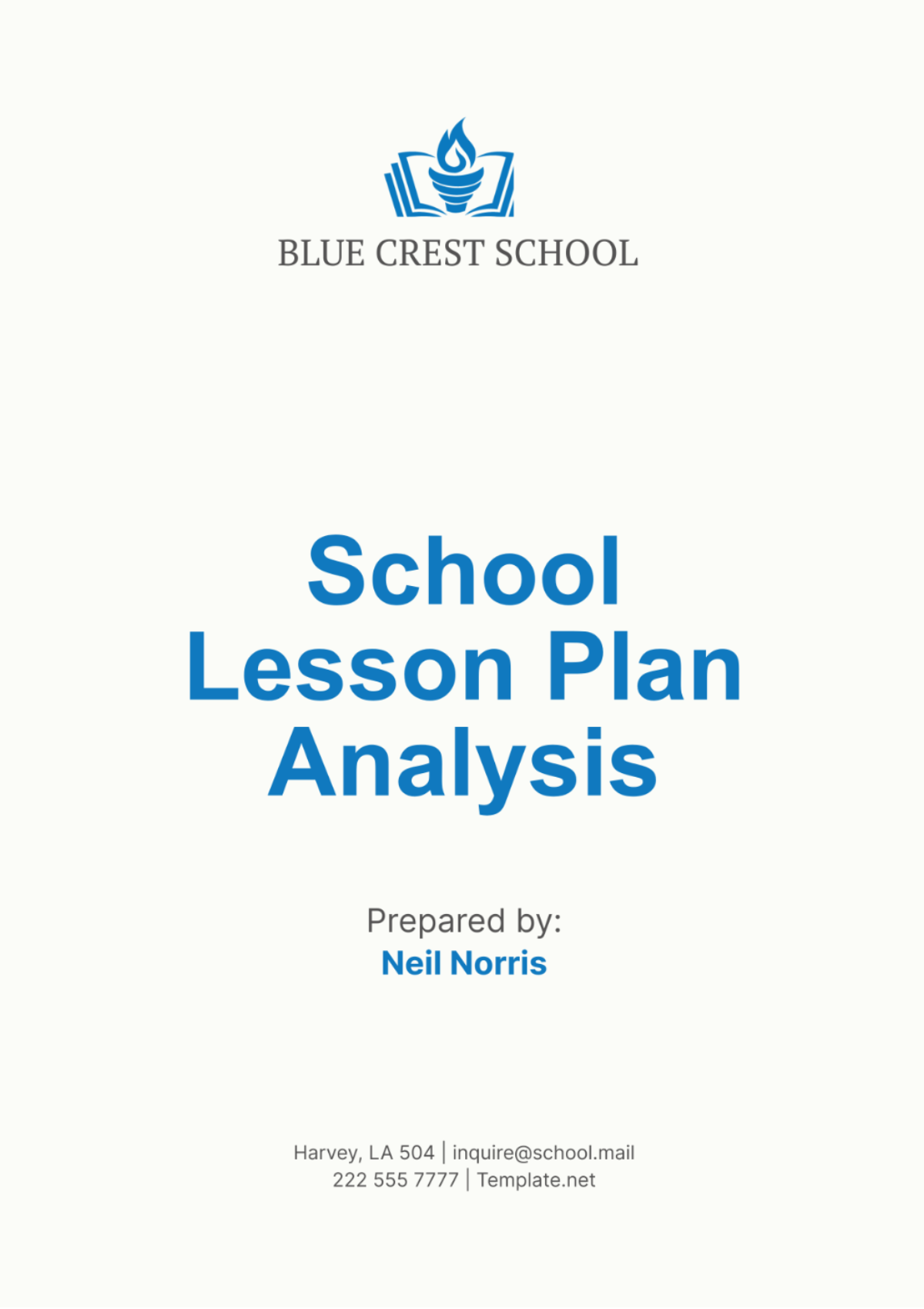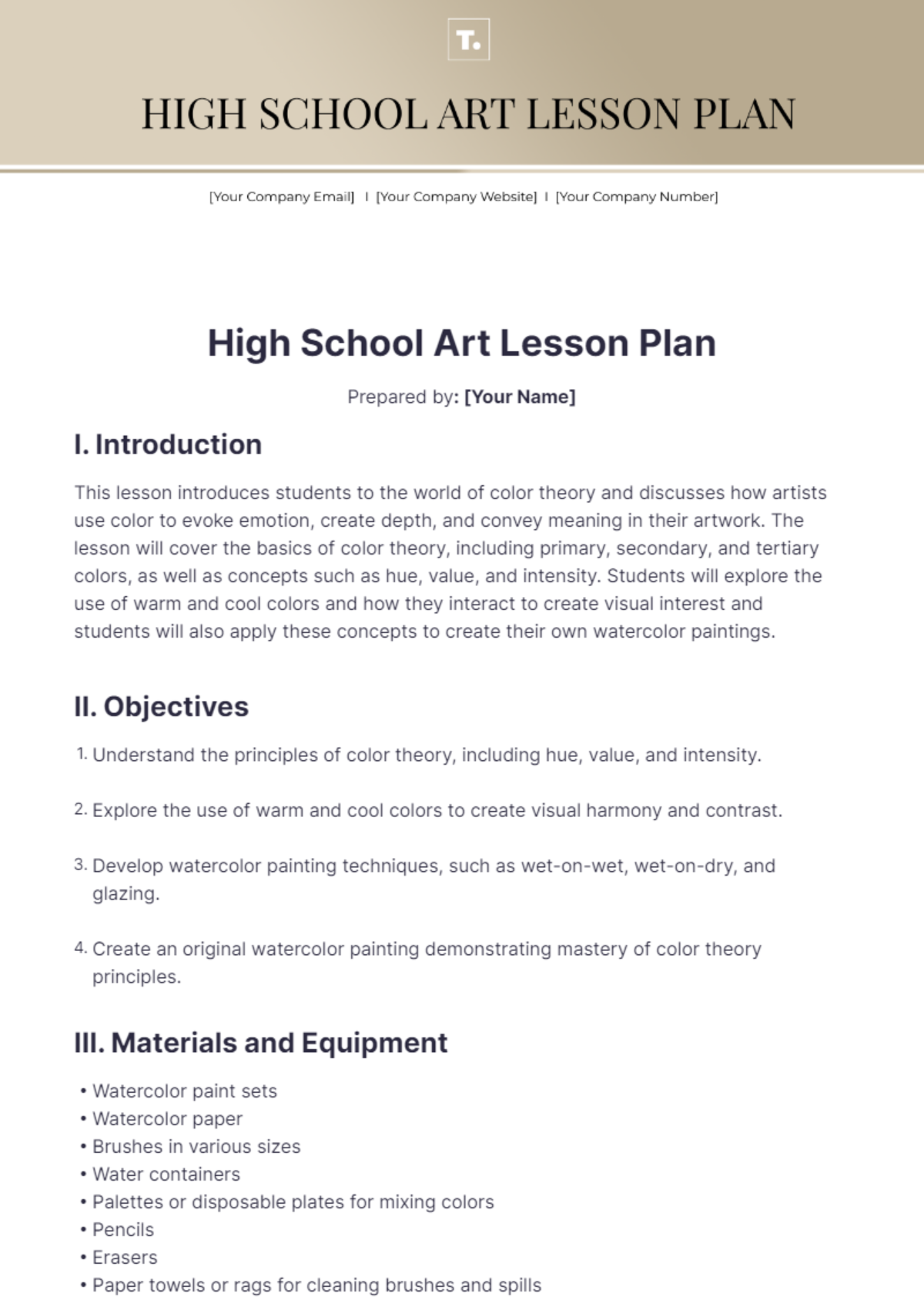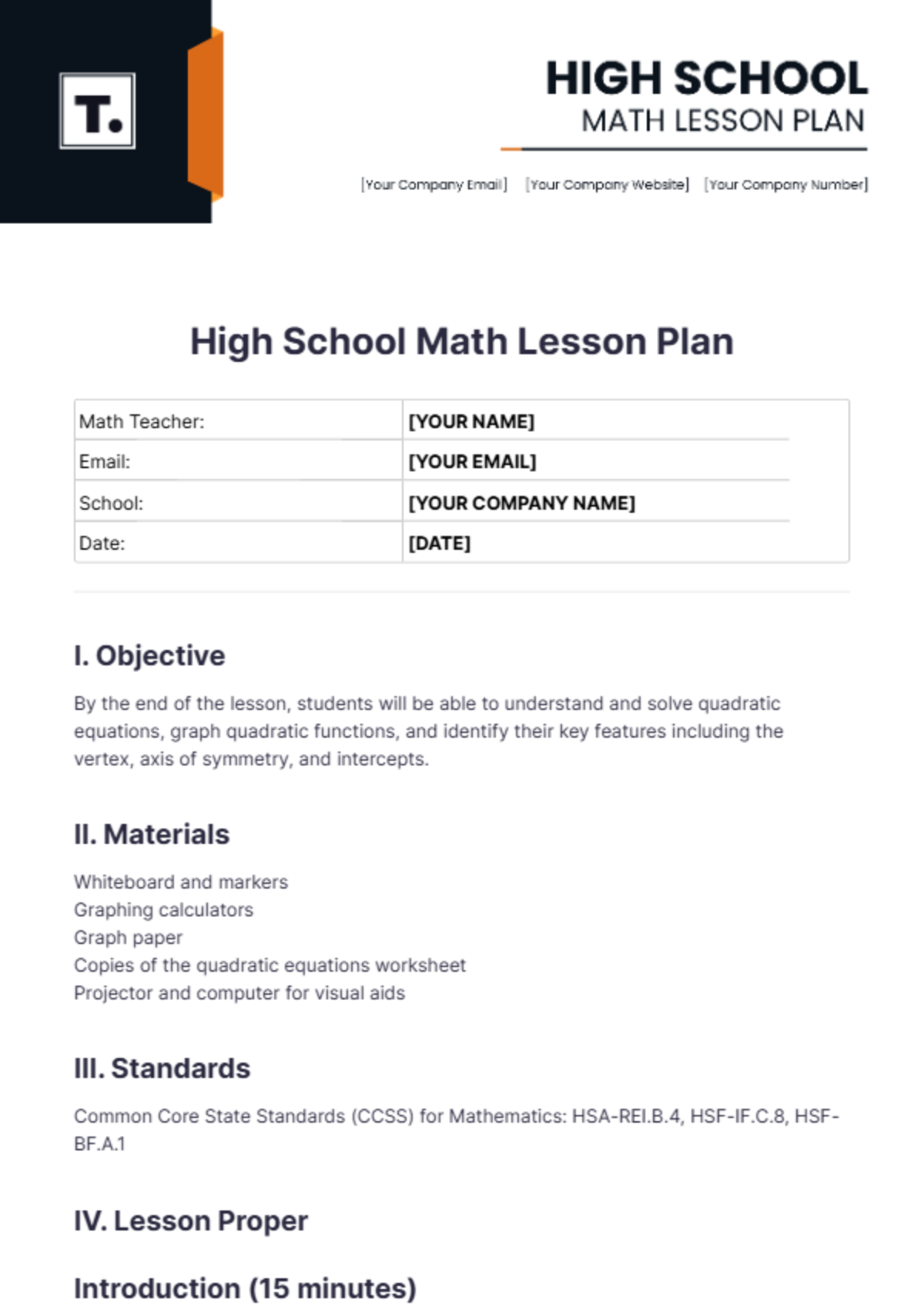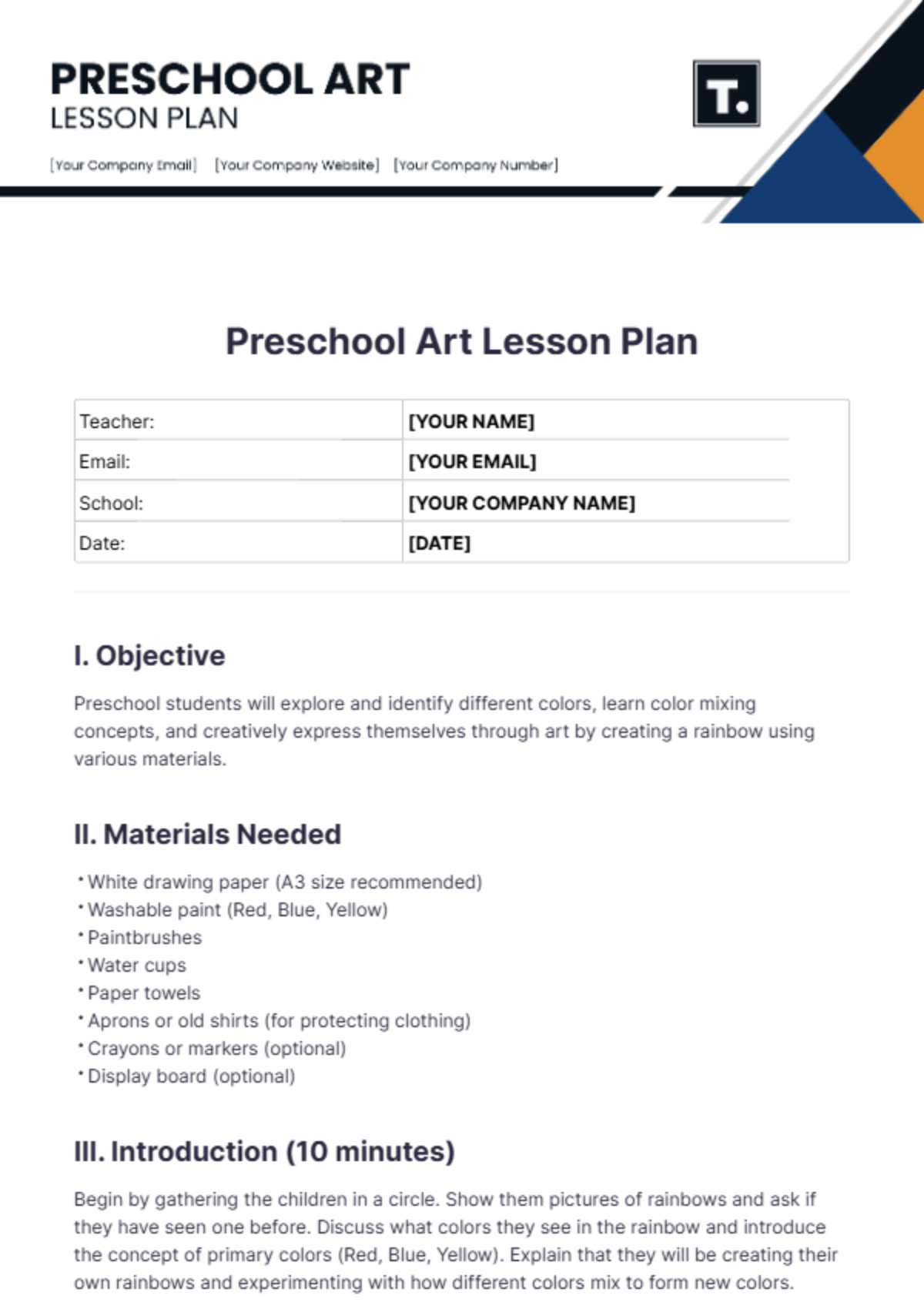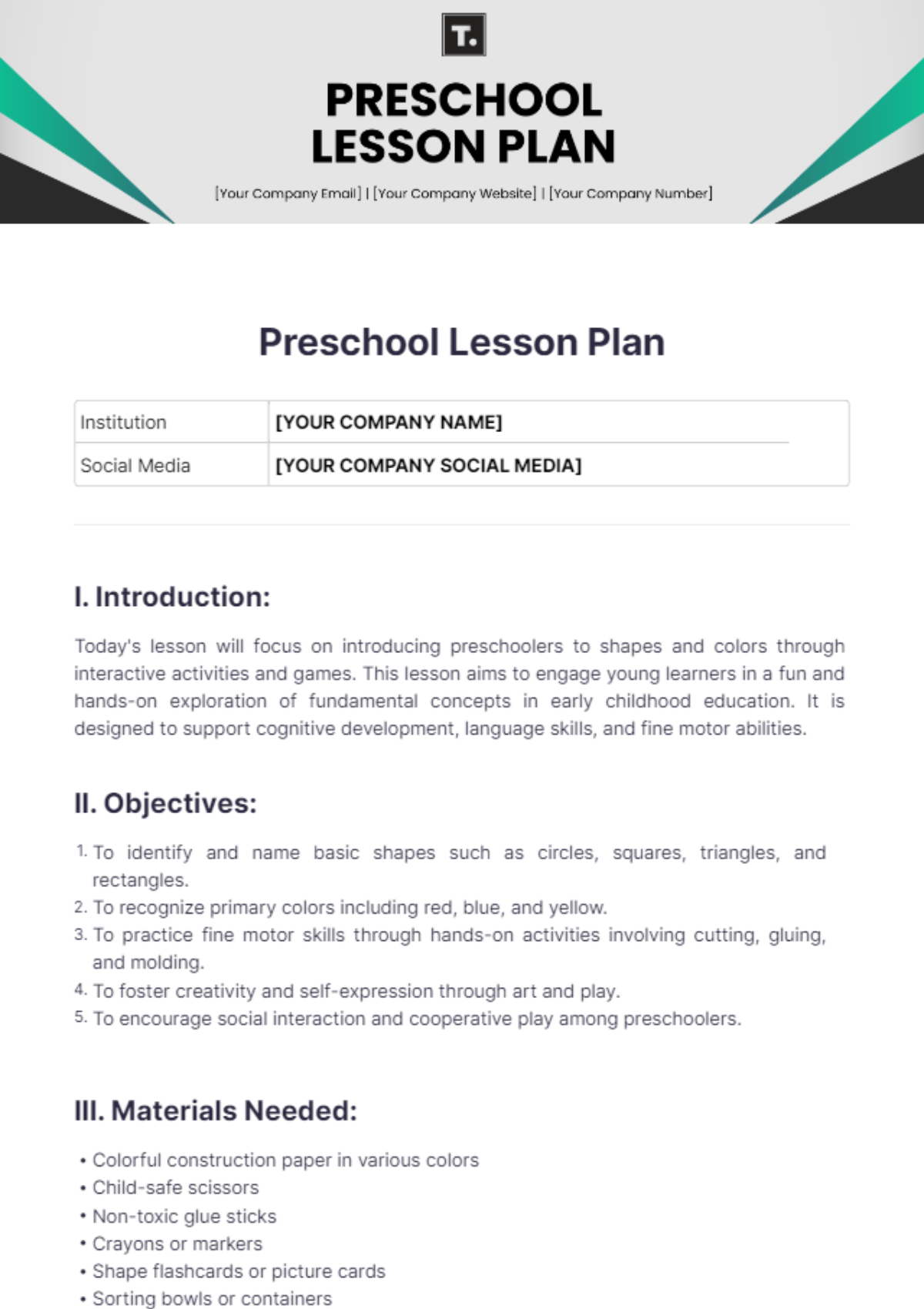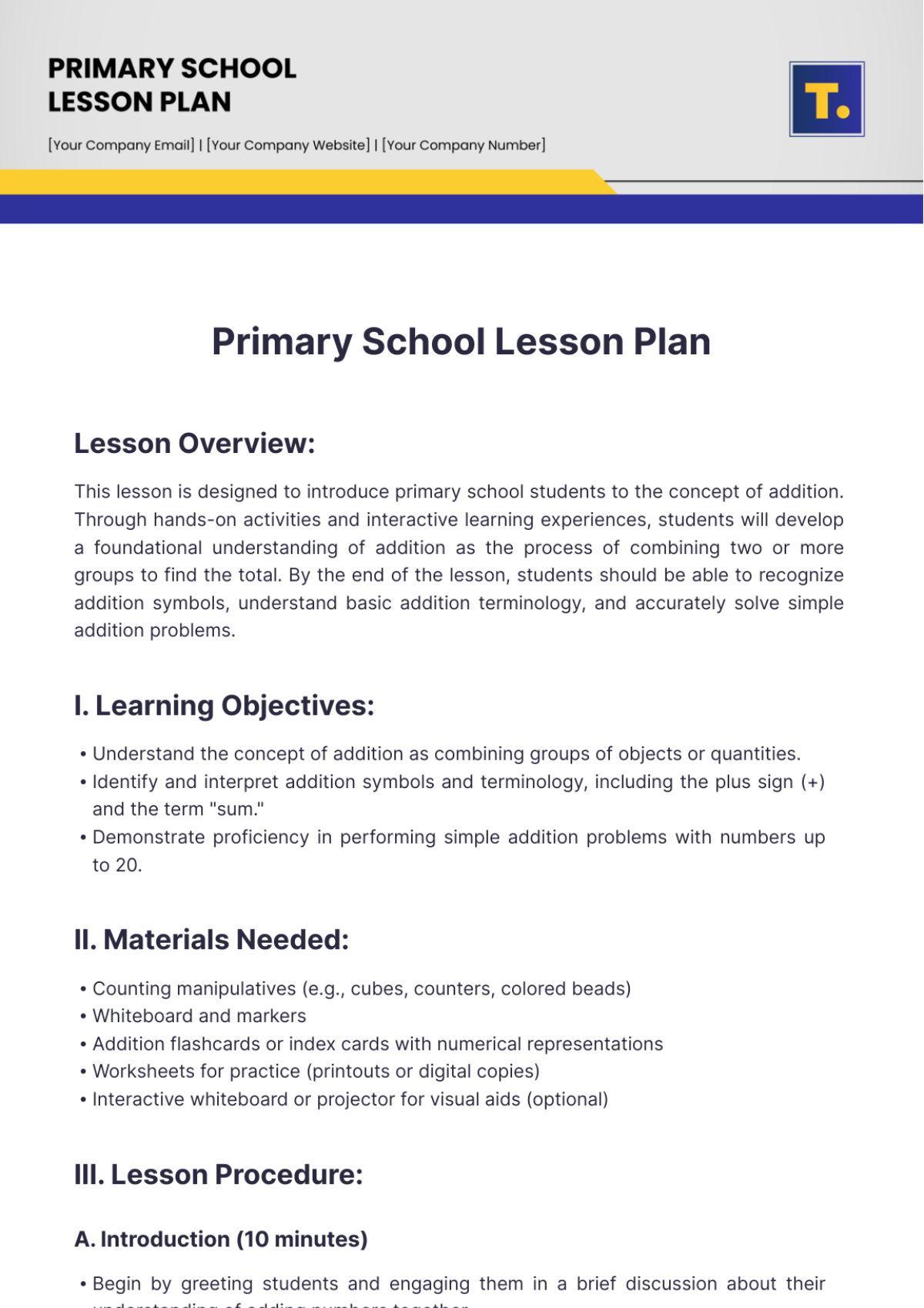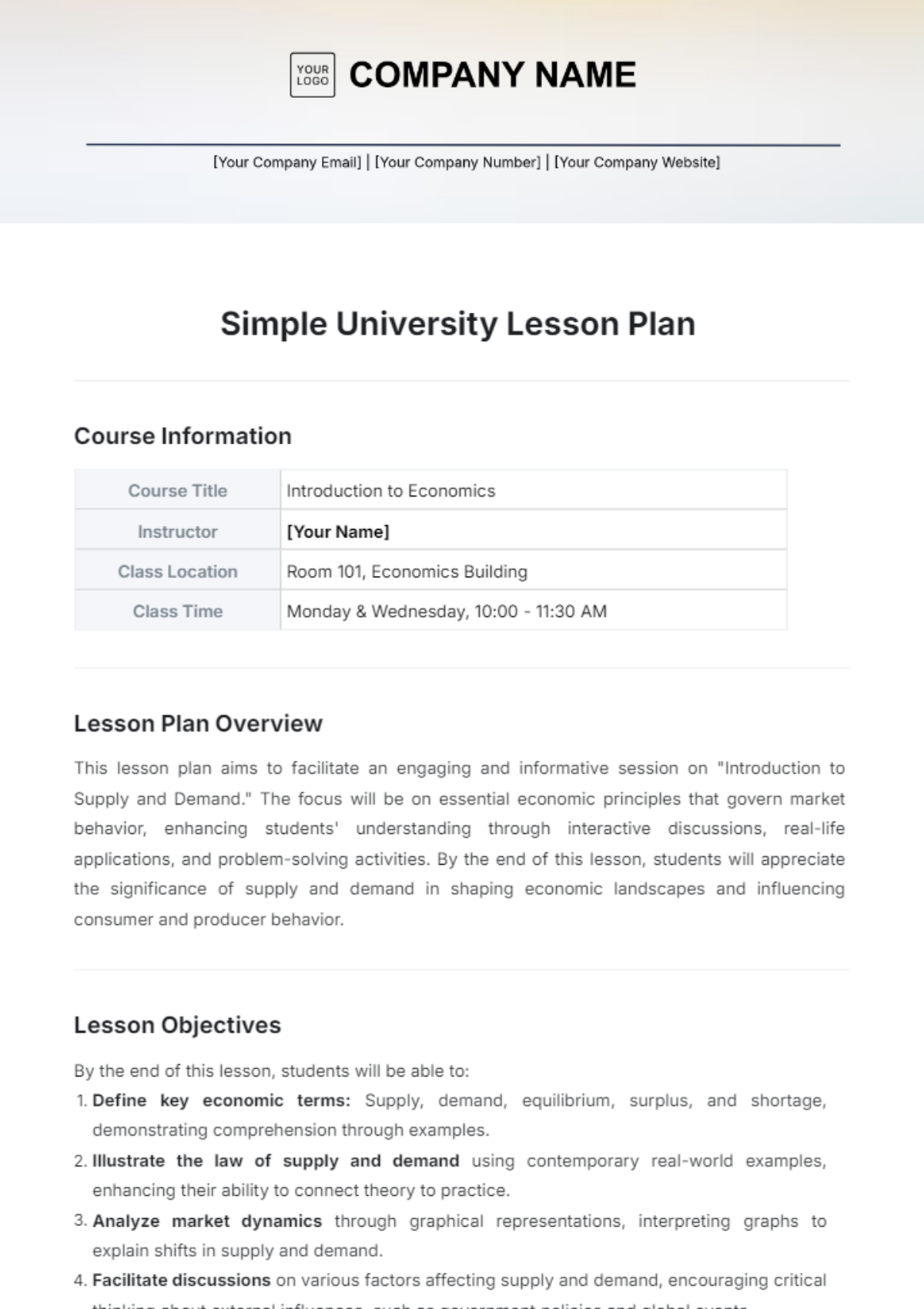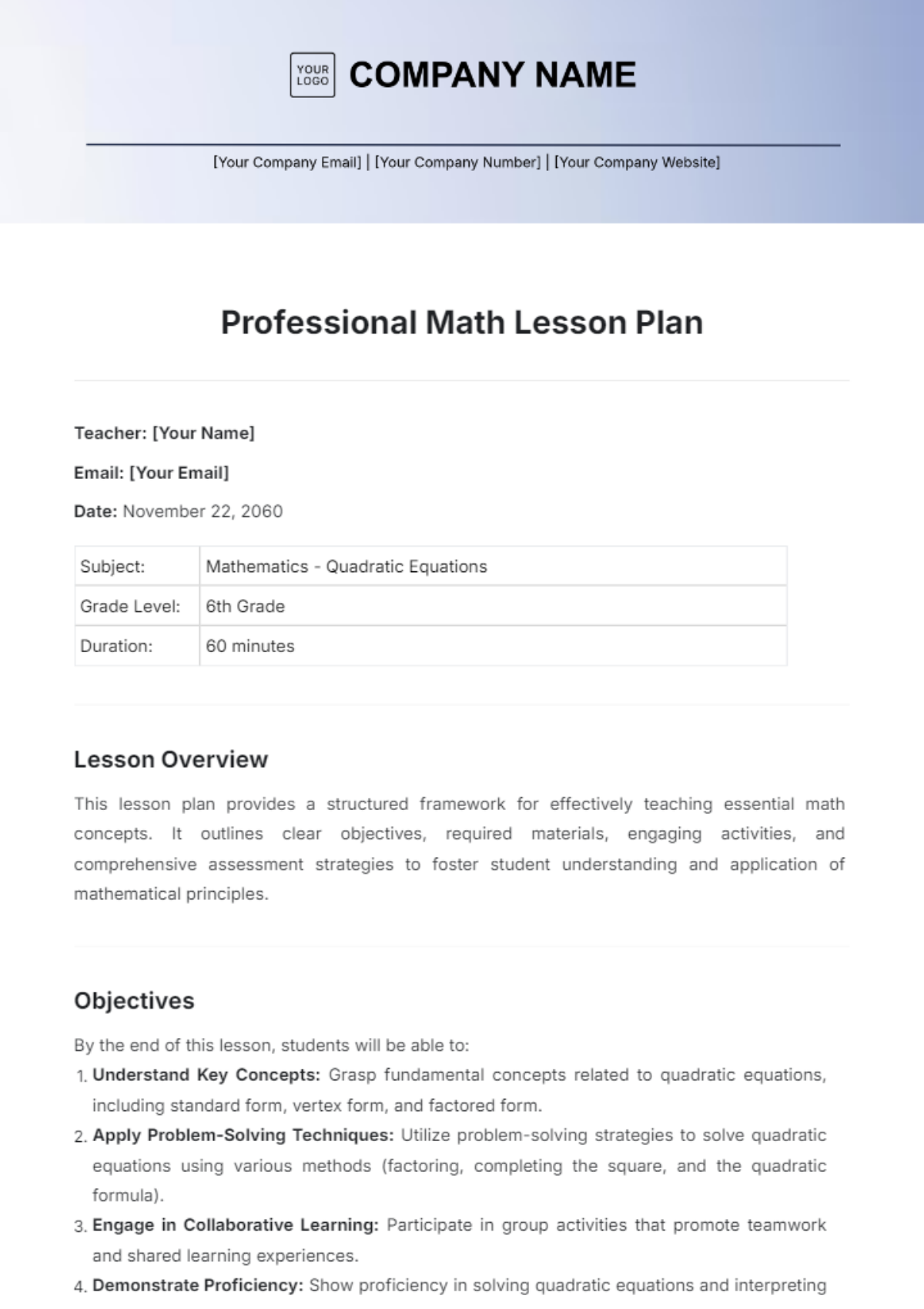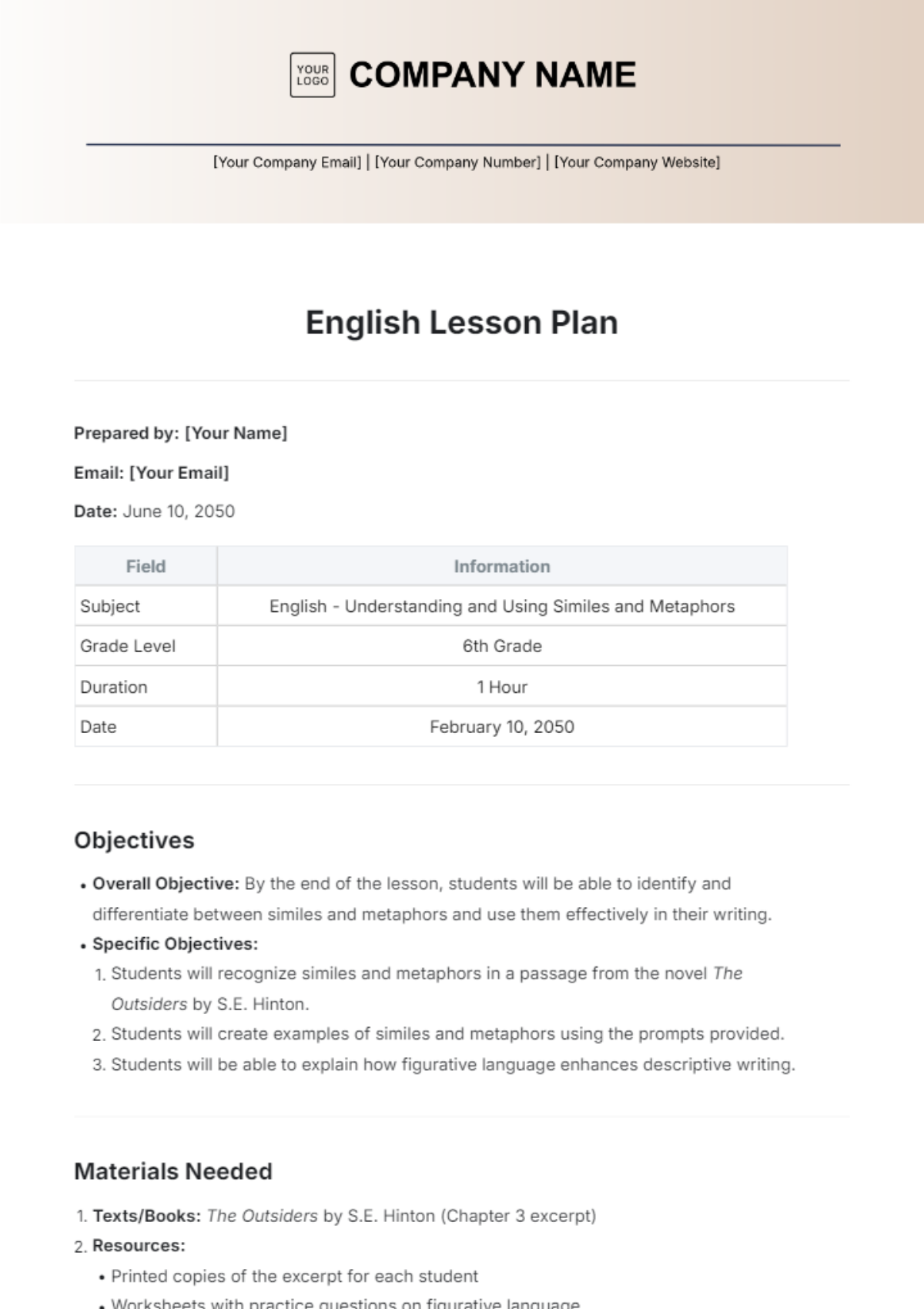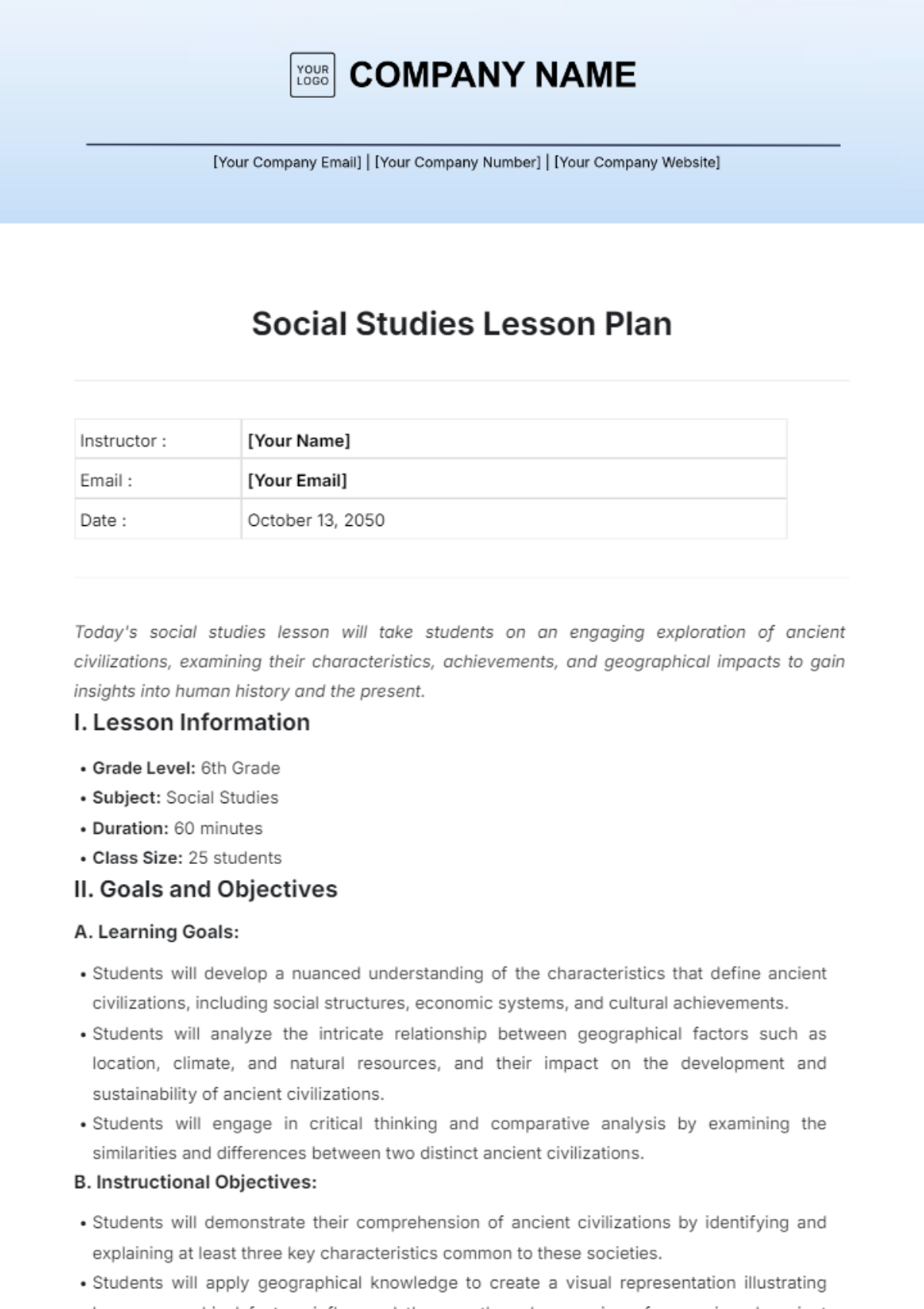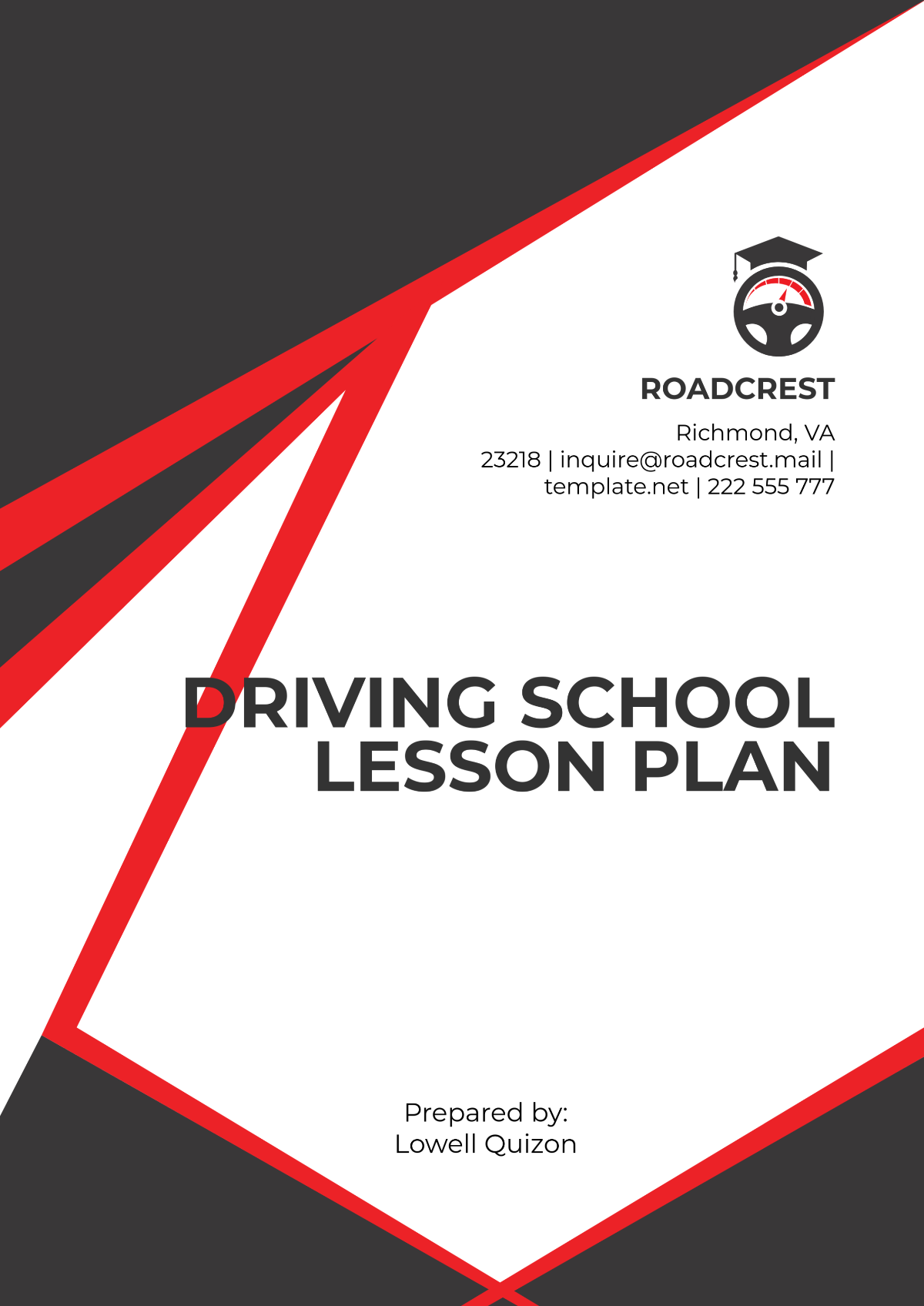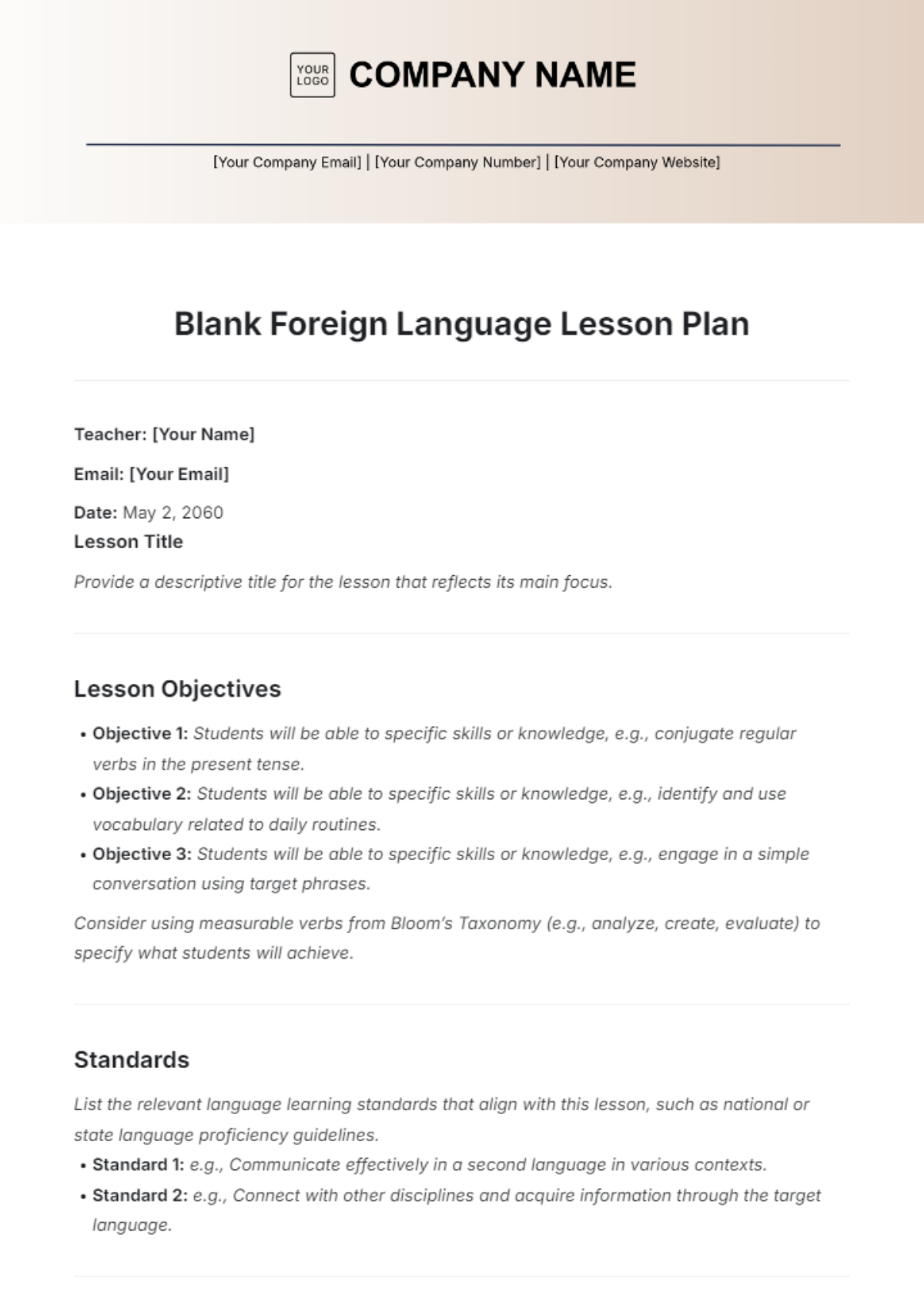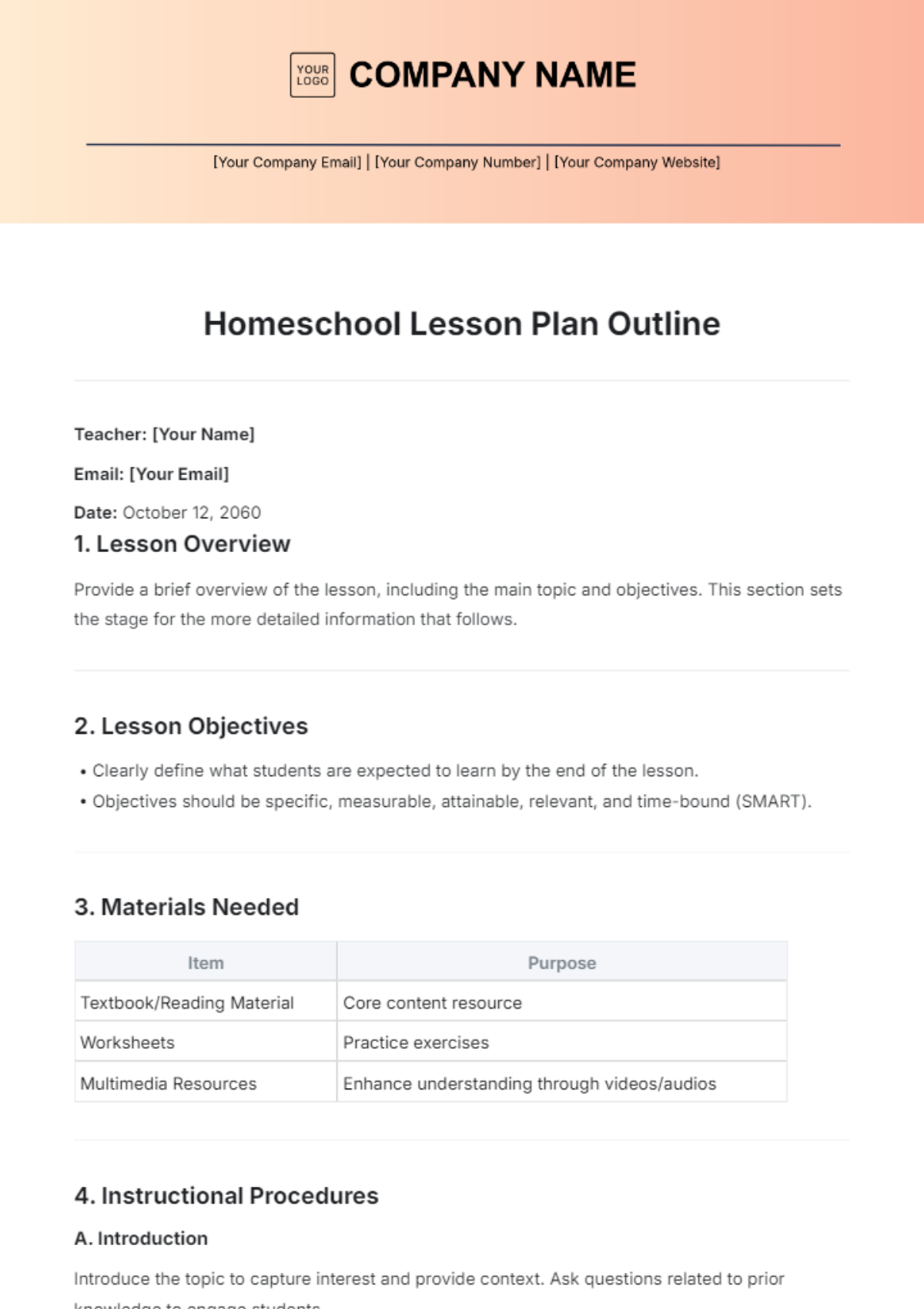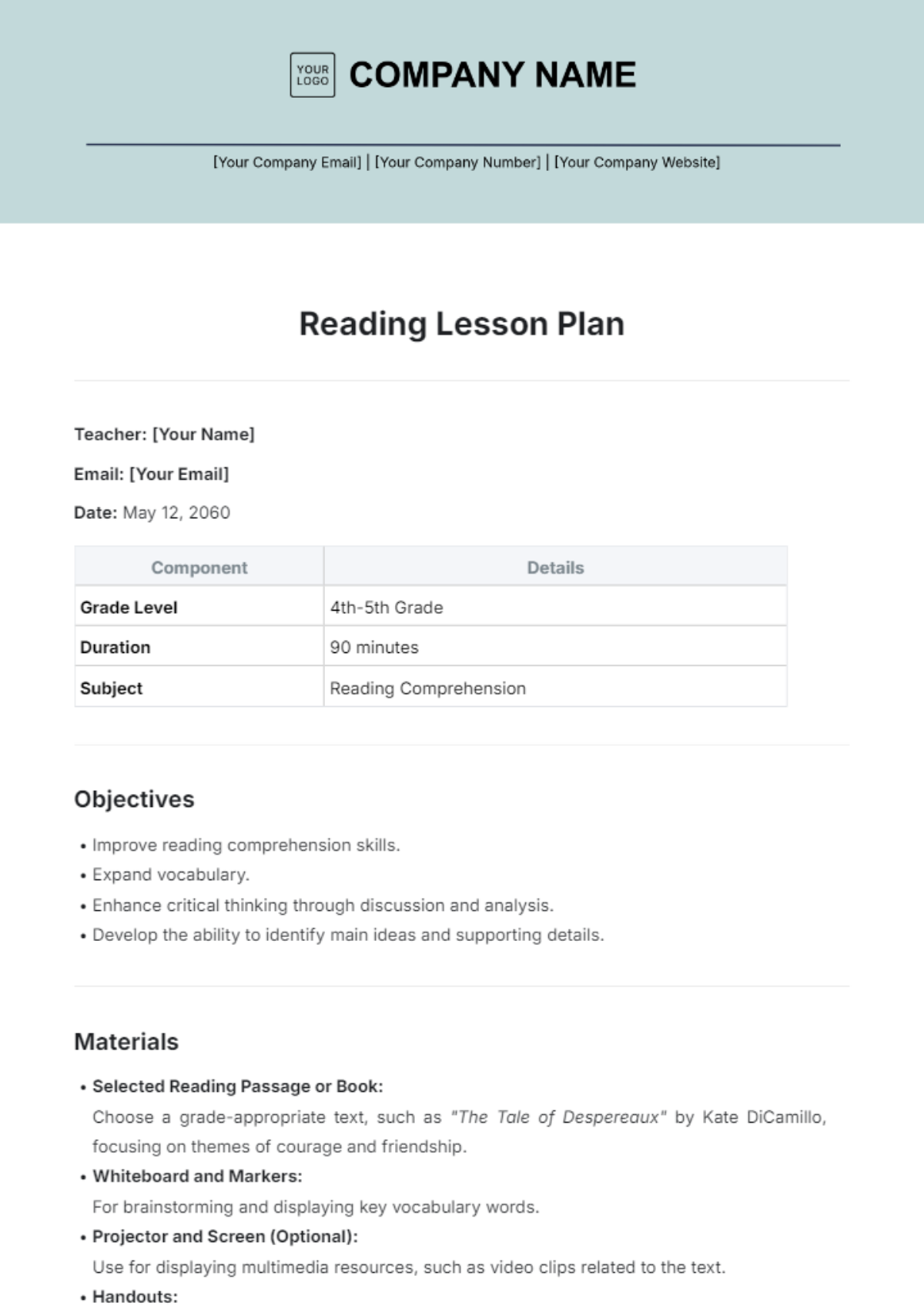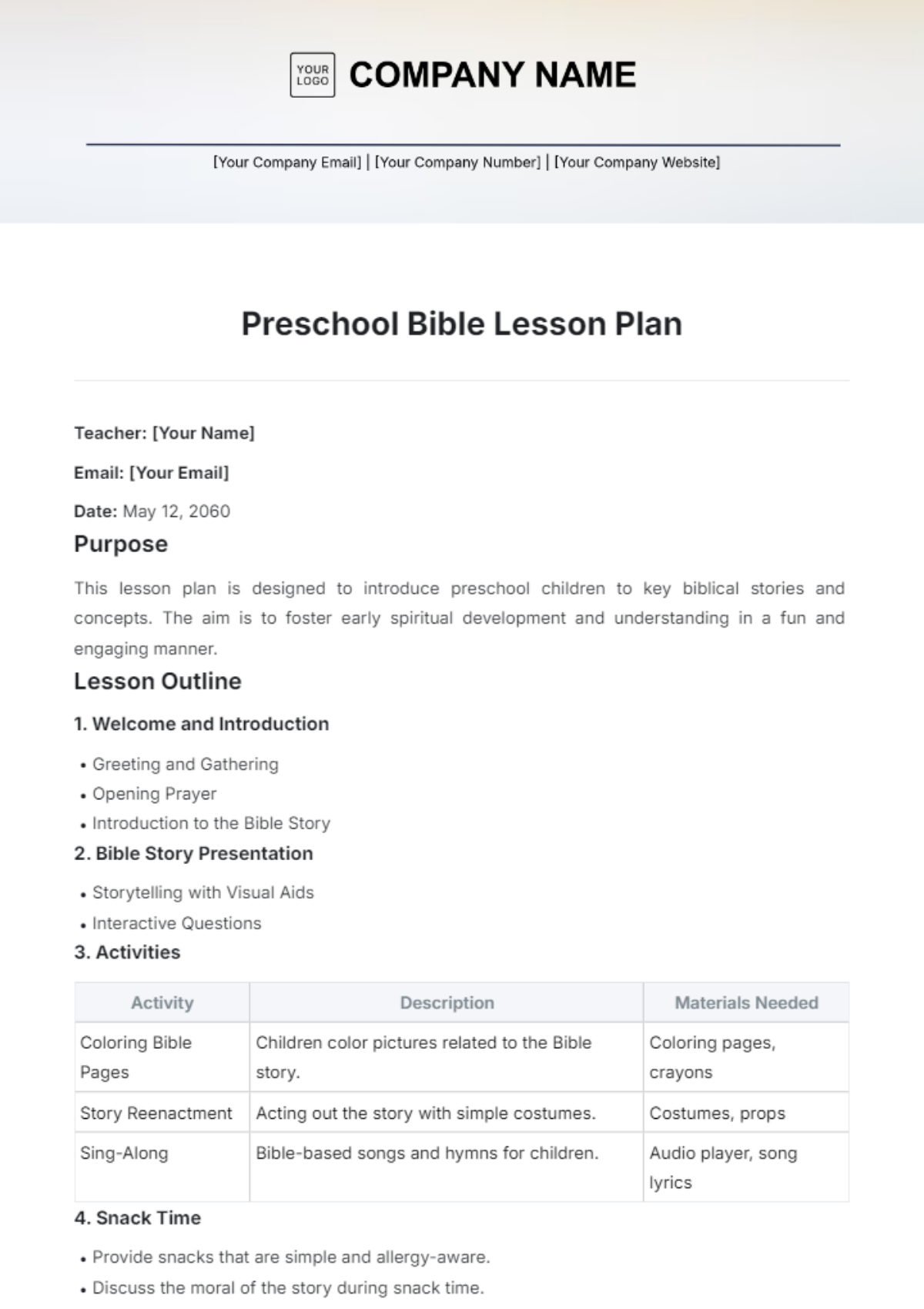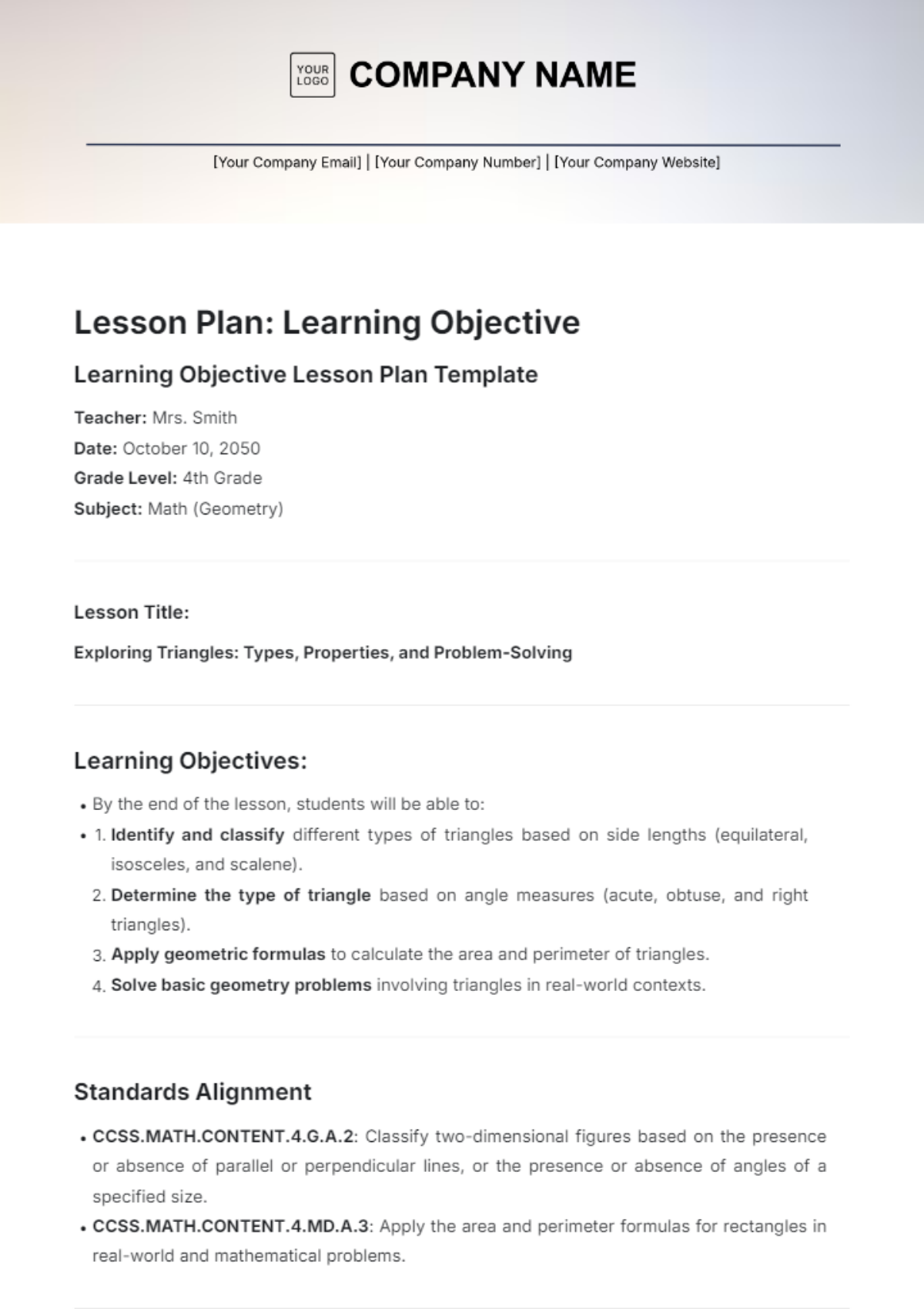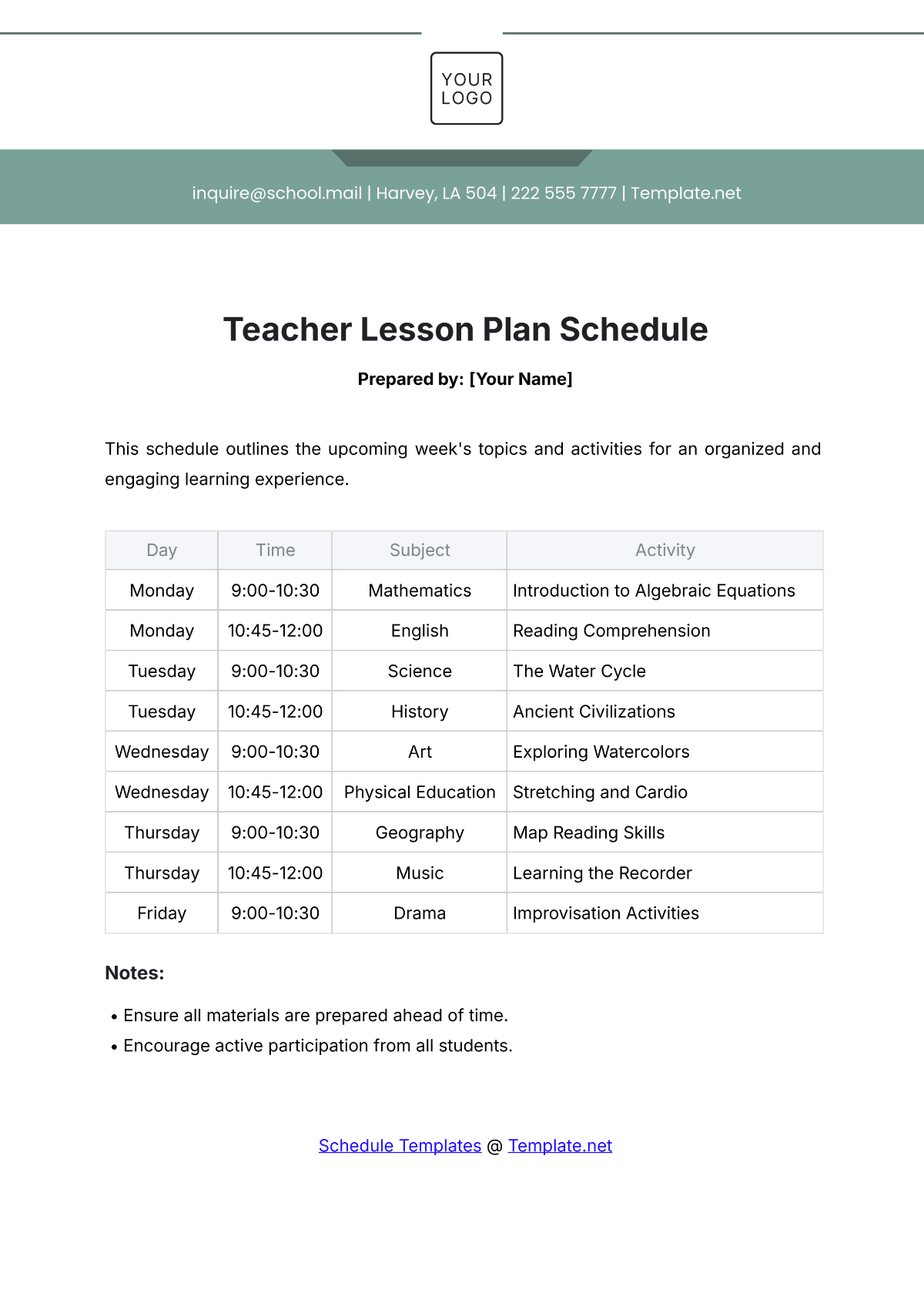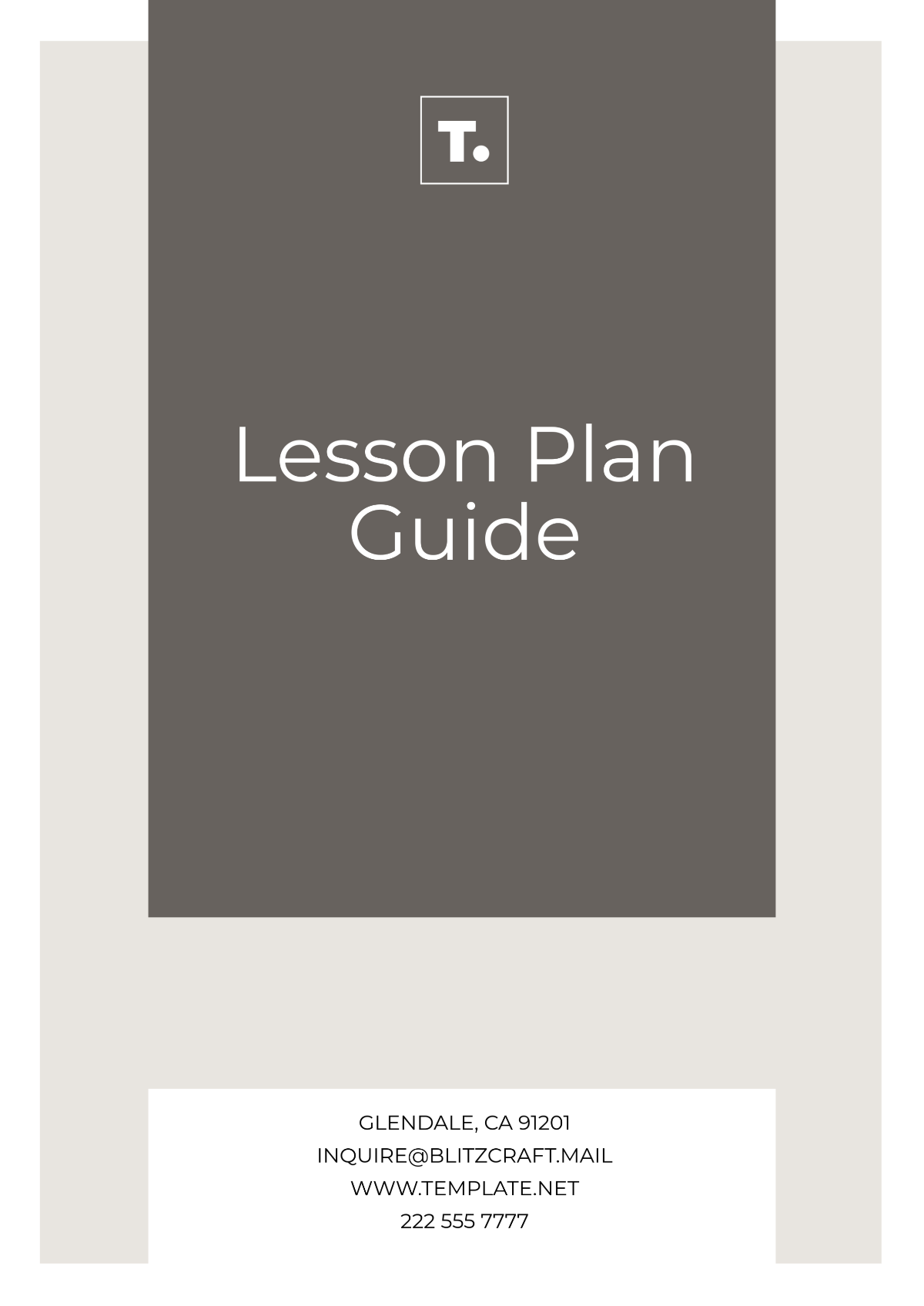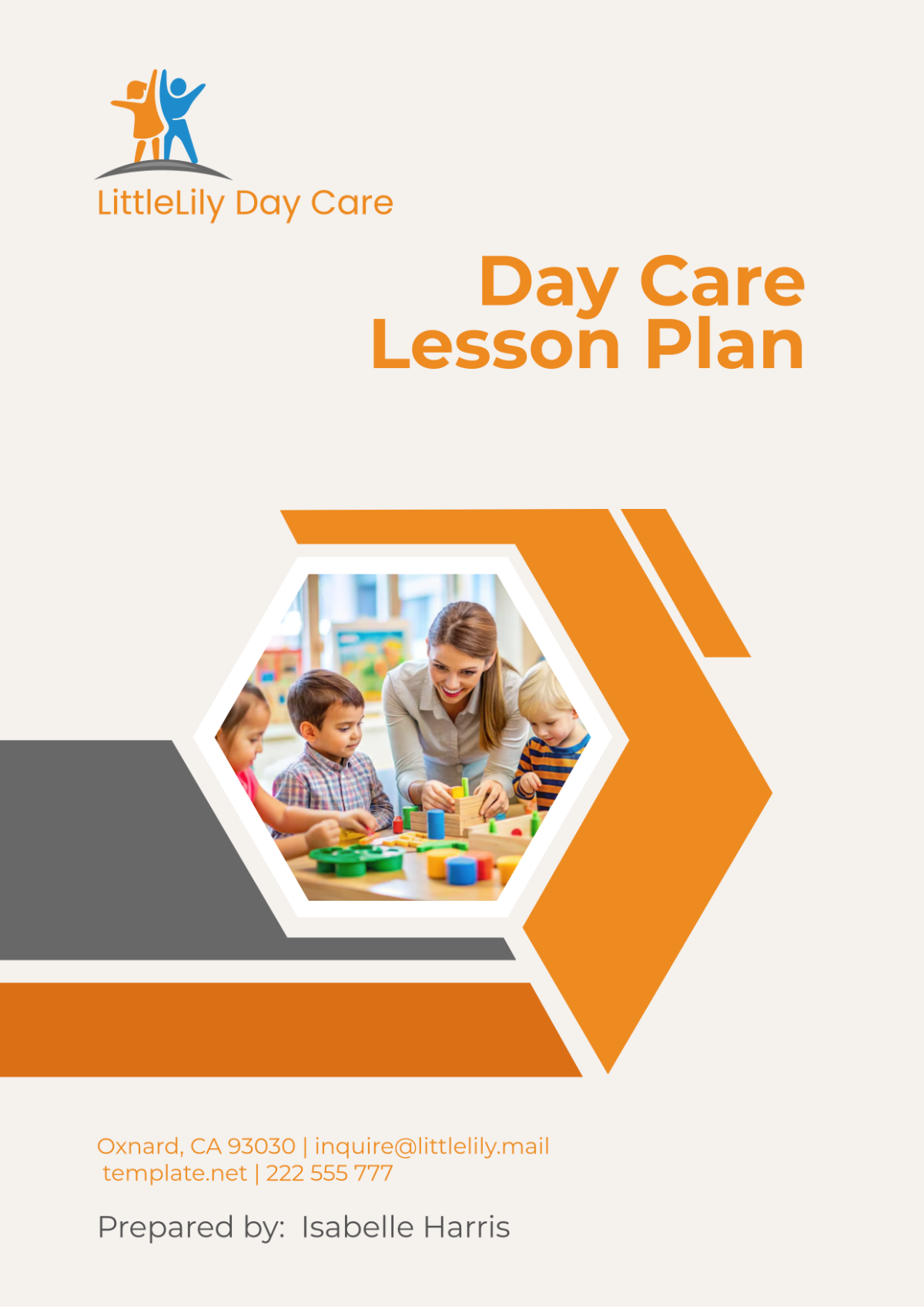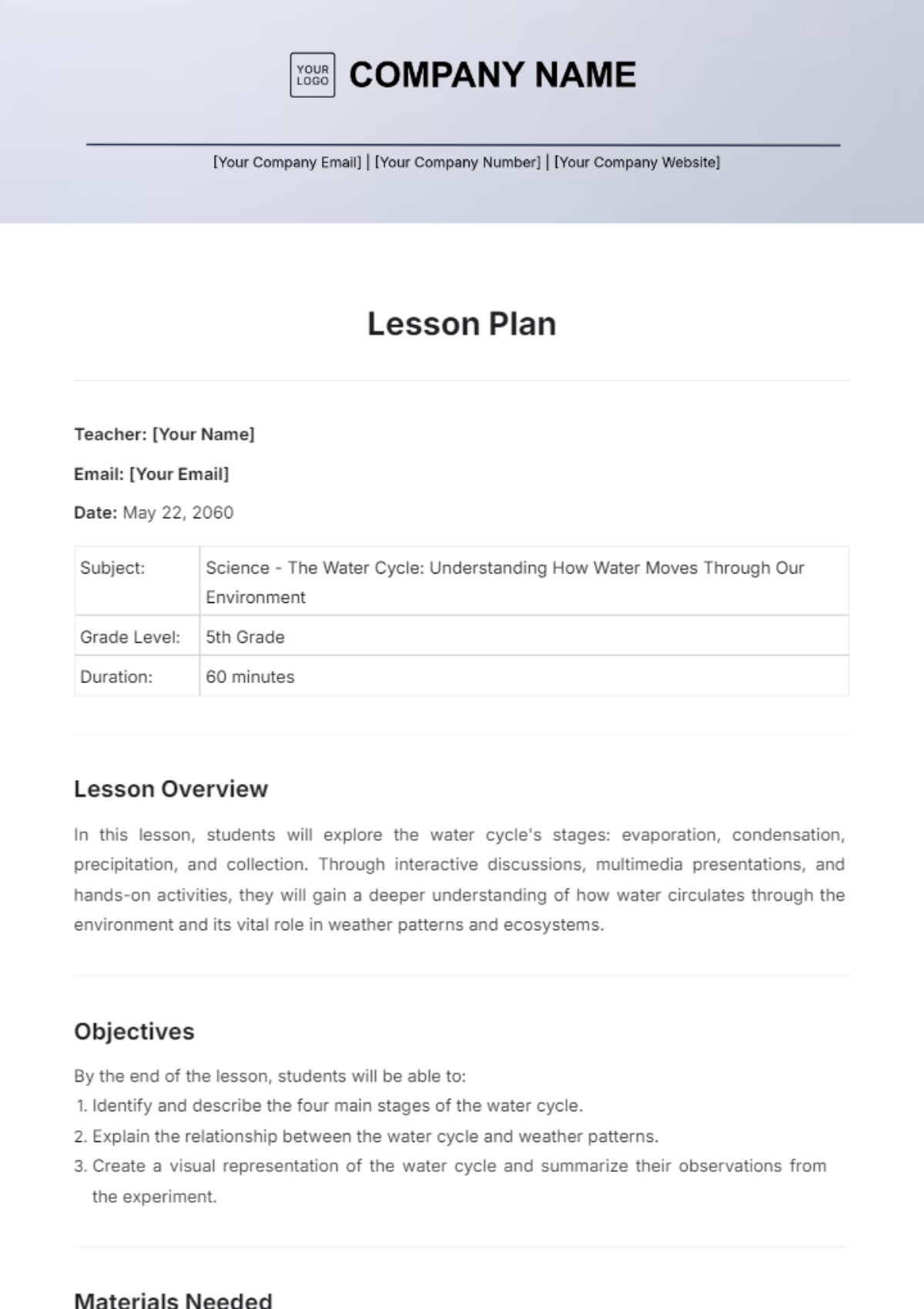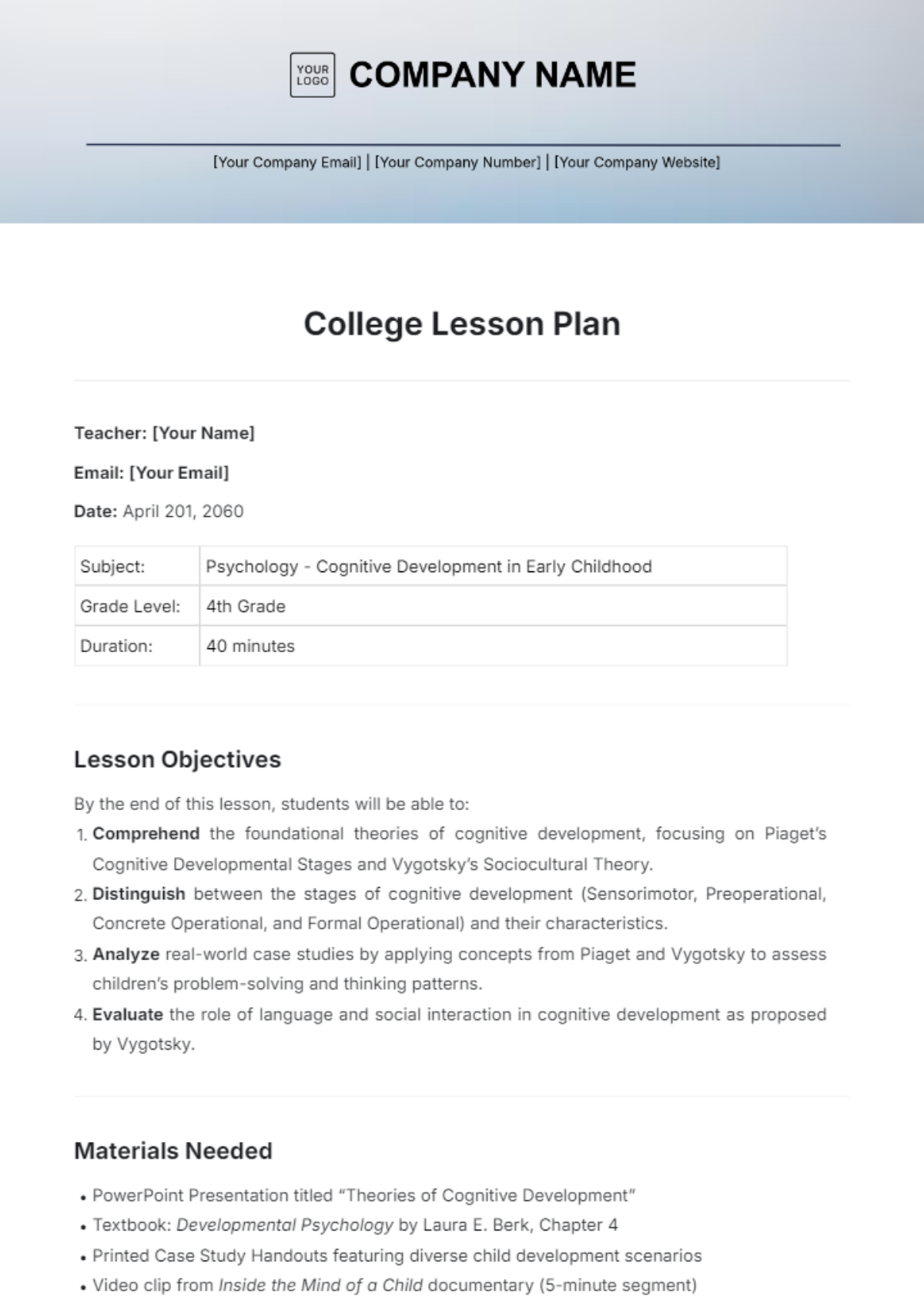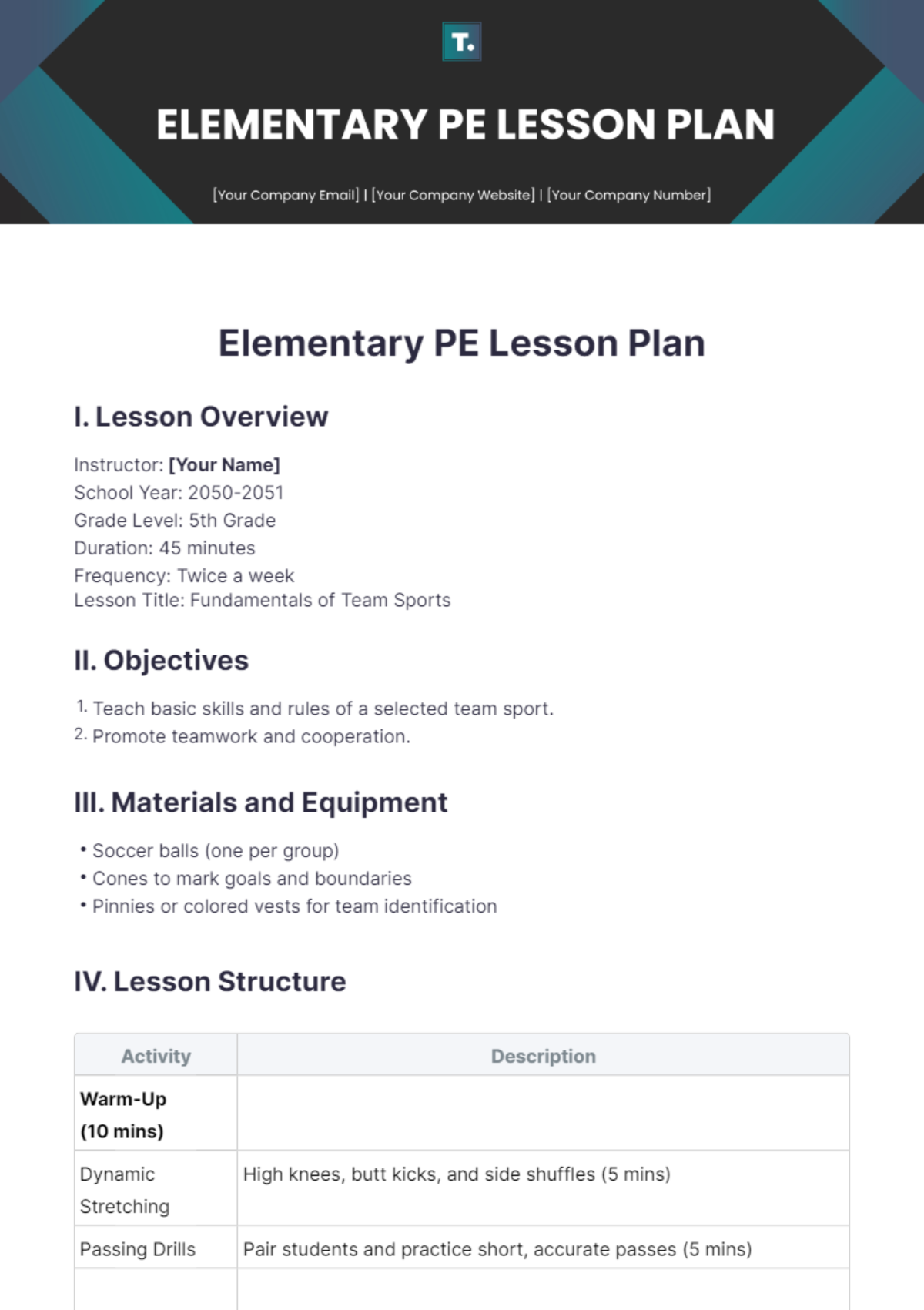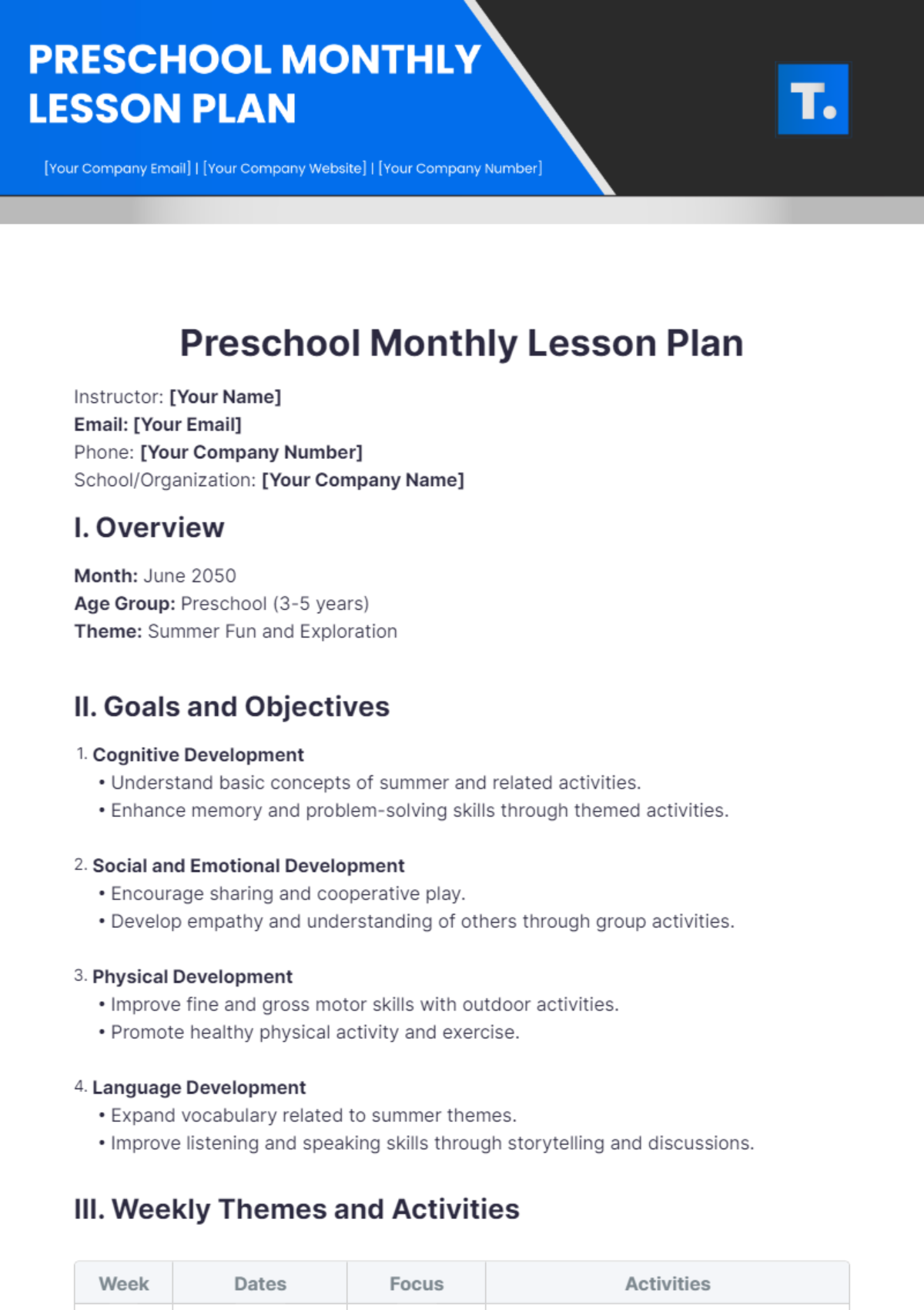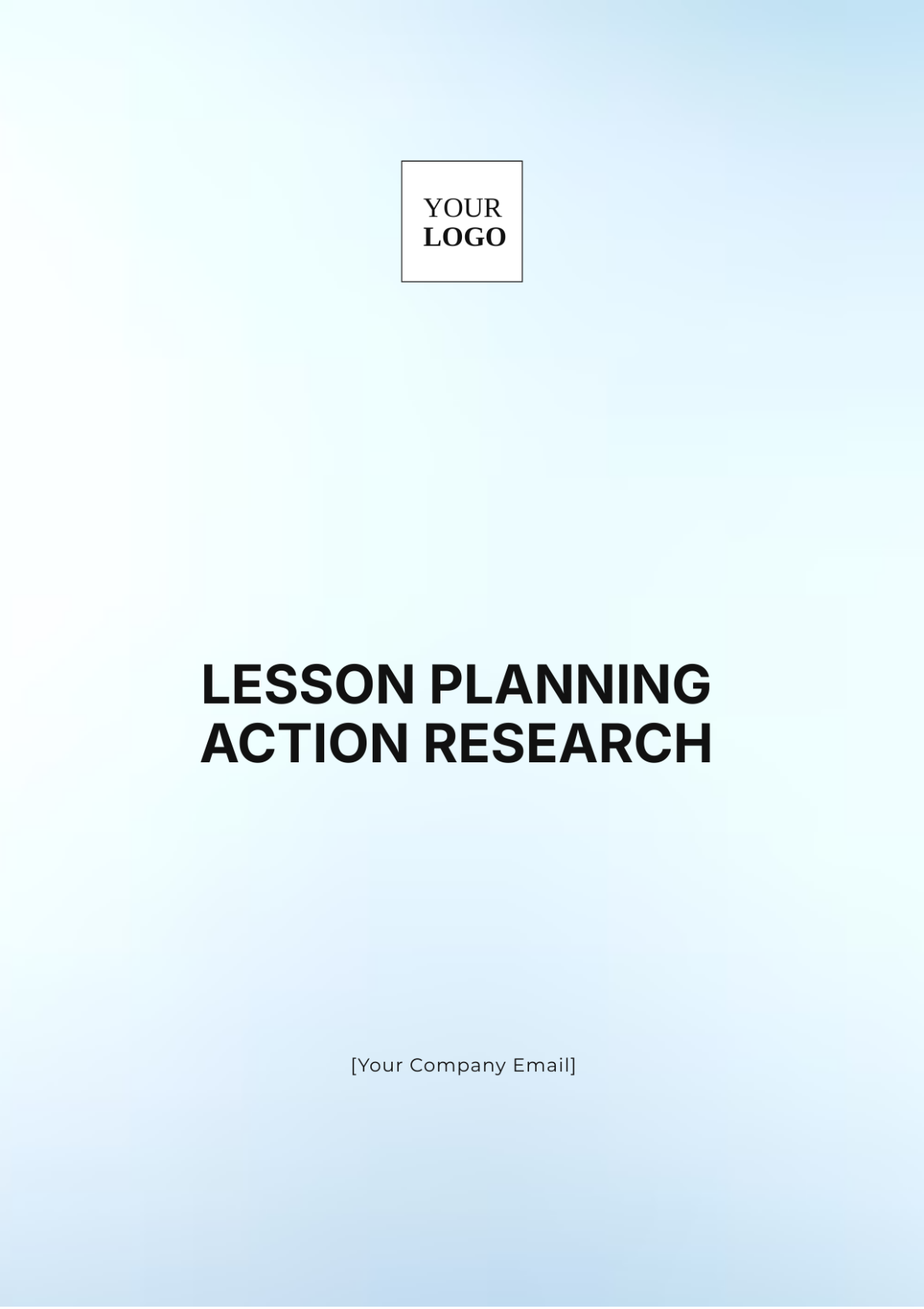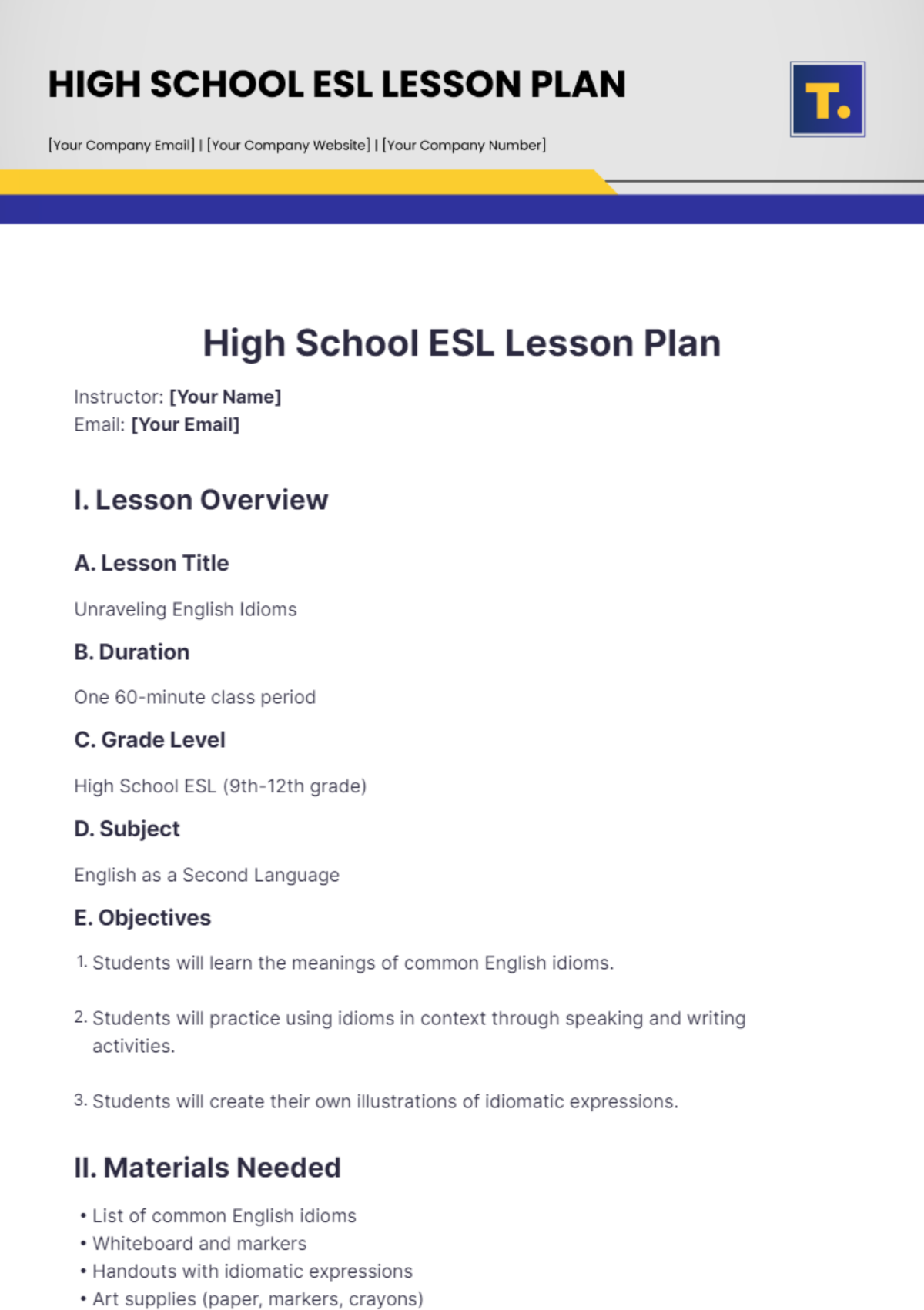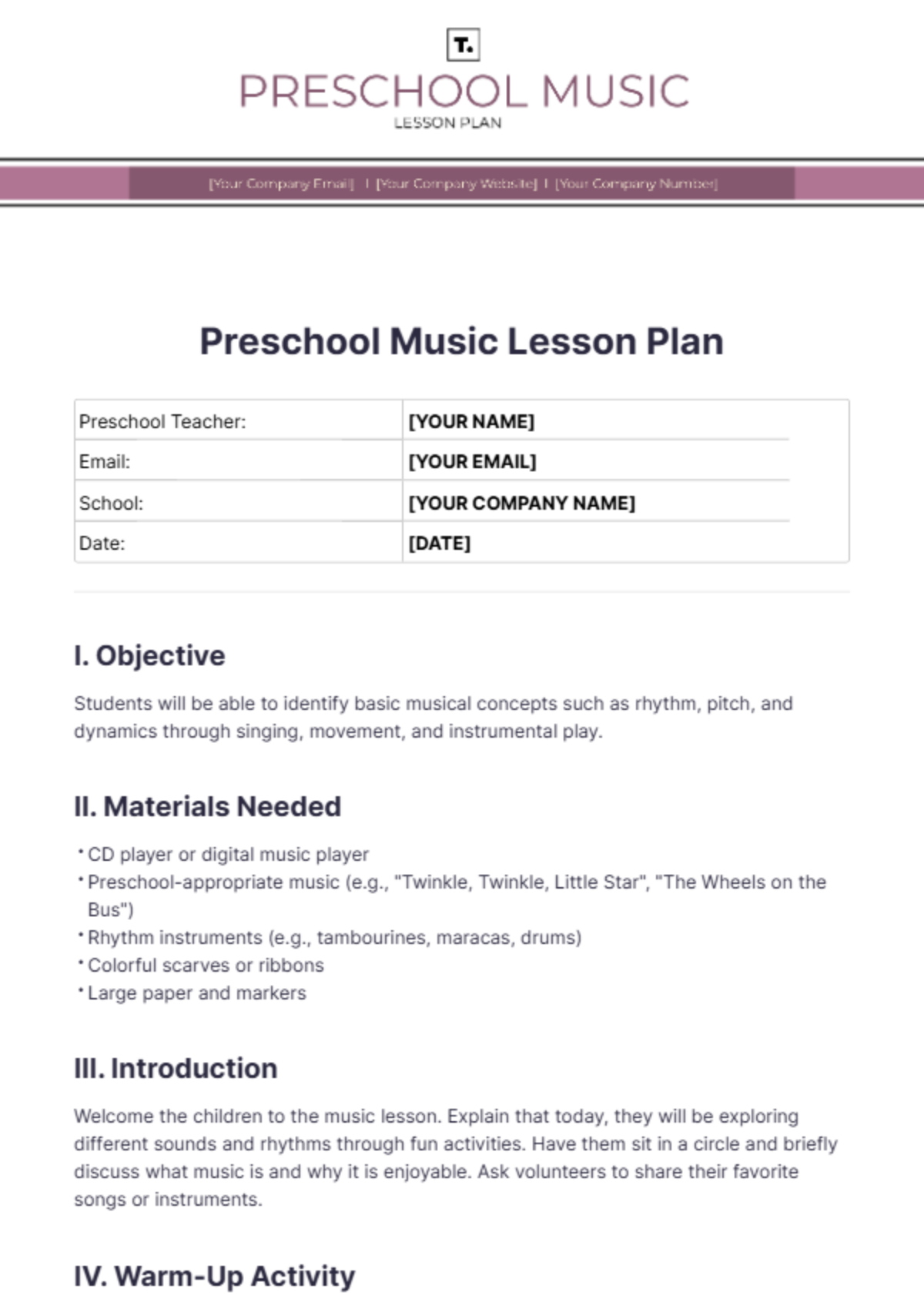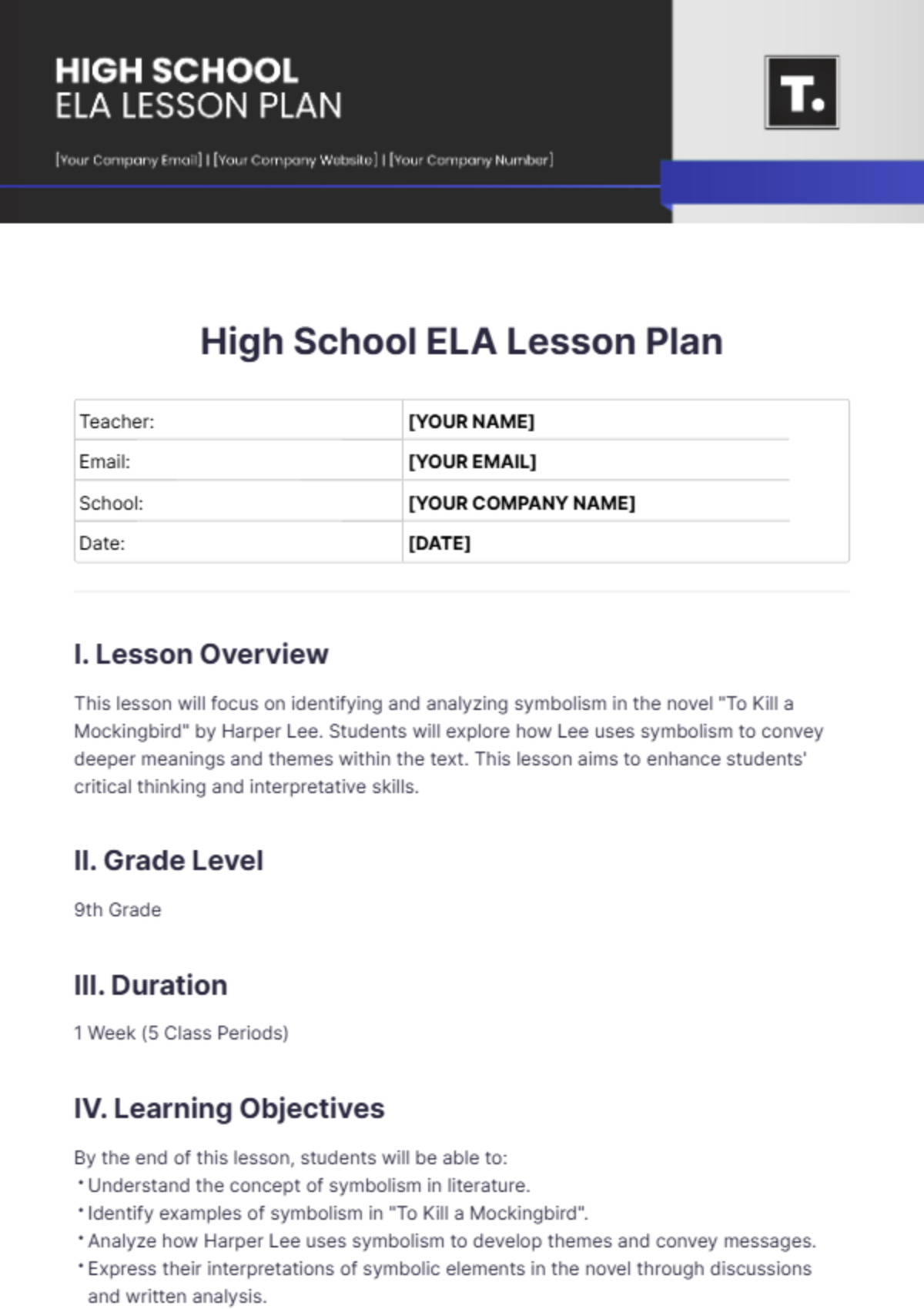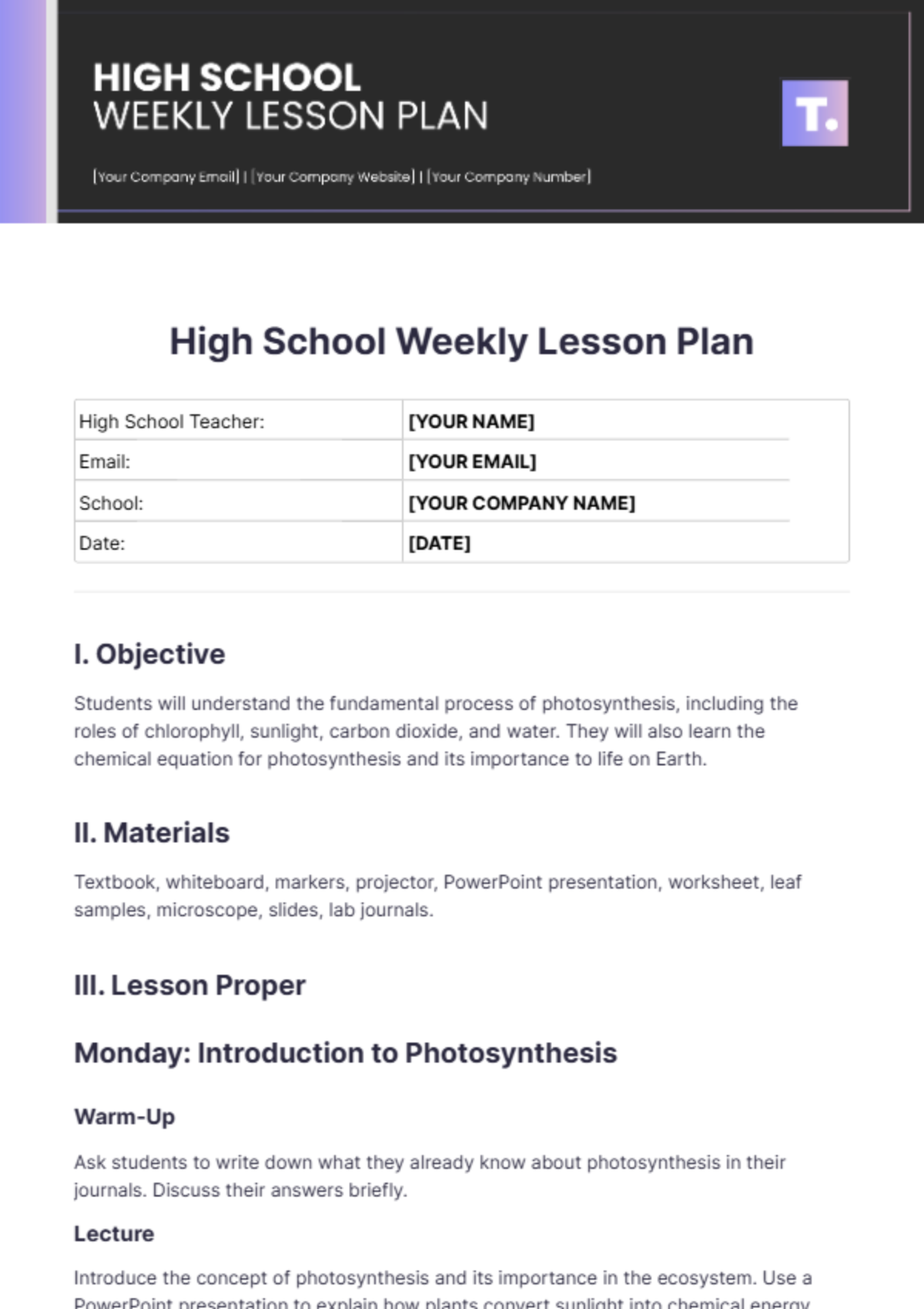Intervention Lesson Plan
I. Overview
Lesson Title:
Reading Comprehension Intervention
Grade Level:
Elementary School (Grades 3-5)
Duration:
4 sessions, 45 minutes each
Materials Needed:
Selected reading passages appropriate for the grade level
Visual aids (charts, diagrams, pictures)
Graphic organizers (such as KWL charts, story maps)
Writing materials (pencils, markers, paper)
II. Lesson Objective
Students will improve their reading comprehension skills by employing strategies such as prediction, visualization, questioning, and summarizing while reading a selected text.
III. Instructional Procedures
Step | Description |
|---|---|
1. Pre-Reading Activity | • Discuss the topic of the reading passage to activate prior knowledge. • Have students make predictions about the content based on the title and headings. |
2. Guided Reading | • Read the passage aloud together, pausing to discuss and explain key points. • Highlight important information and model the use of comprehension strategies. |
3. Comprehension Questions | • Provide students with a set of comprehension questions. • Guide them in finding answers in the text and using evidence to support their responses. |
4. Graphic Organizer | • Have students complete a graphic organizer to visually organize the information from the text. • Discuss how this helps with understanding and recall. |
IV. Assessment
To gauge the effectiveness of the intervention, various assessment strategies will be employed. Firstly, ongoing observation during guided reading and comprehension activities will provide valuable insights into students' comprehension strategies, engagement levels, and areas needing improvement.
The review of completed comprehension questions and graphic organizers will offer tangible evidence of students' understanding and application of comprehension skills. Furthermore, conducting a brief oral quiz or Q&A session at the end of the lesson allows for a quick assessment of students' verbal comprehension abilities and retention of key concepts.
Lastly, peer assessment fosters collaborative learning as students provide feedback to each other, reinforcing their own understanding and communication skills.
V. Reflection and Extension
Teachers can reflect on the effectiveness of the intervention by analyzing student performance, engagement levels, and the suitability of instructional materials and strategies. Based on this reflection, adjustments can be made to tailor future interventions to better meet students' needs.
Moreover, extending learning beyond the lesson involves providing opportunities for students to apply and reinforce their comprehension skills in various contexts. This could include assigning additional reading tasks, incorporating discussions and debates centered around comprehension, or integrating technology-based activities that promote interactive and personalized learning experiences.
VI. Follow-up
Review and reinforce reading comprehension strategies regularly during class activities and discussions.
Provide additional support and intervention for students who may continue to struggle with reading comprehension.
Encourage students to apply the strategies they've learned to their everyday reading, both in and out of the classroom.
